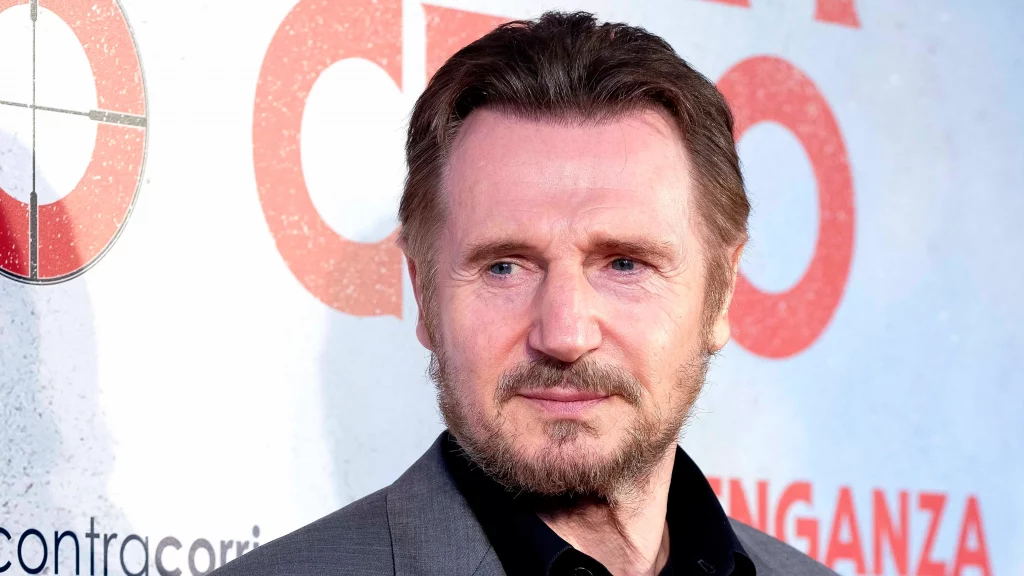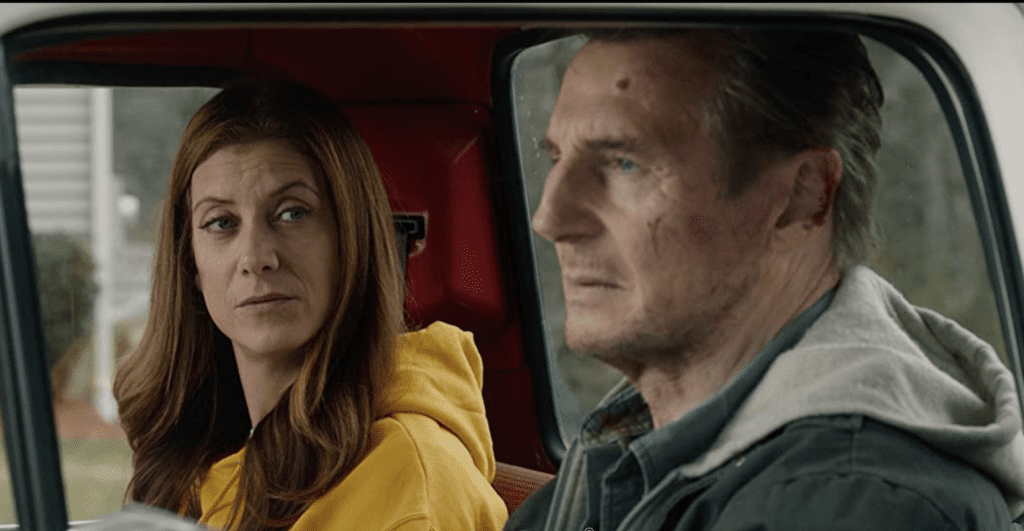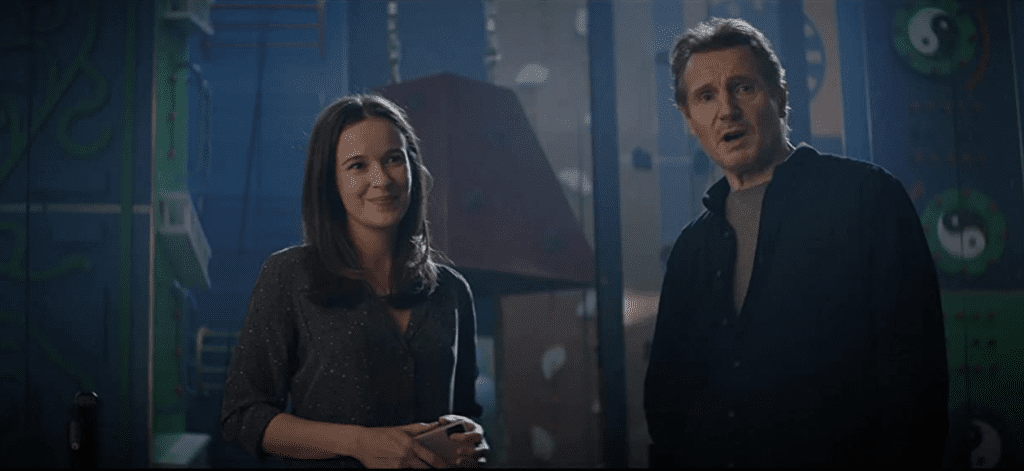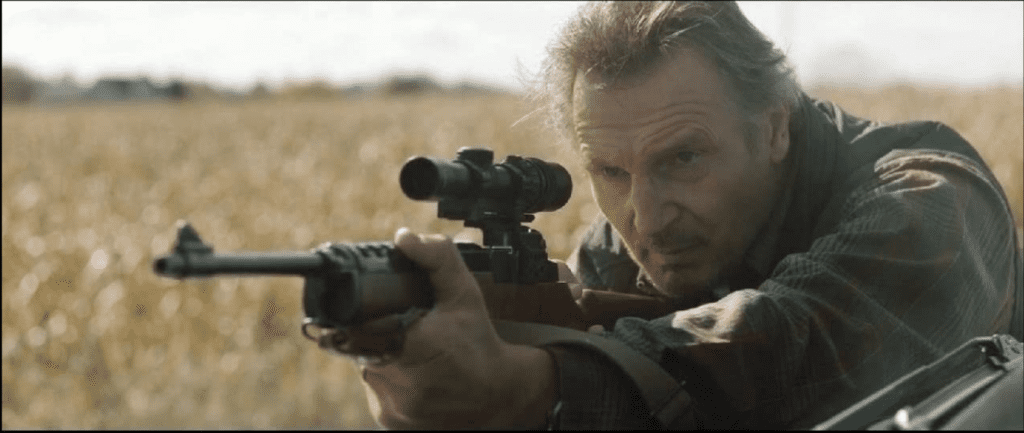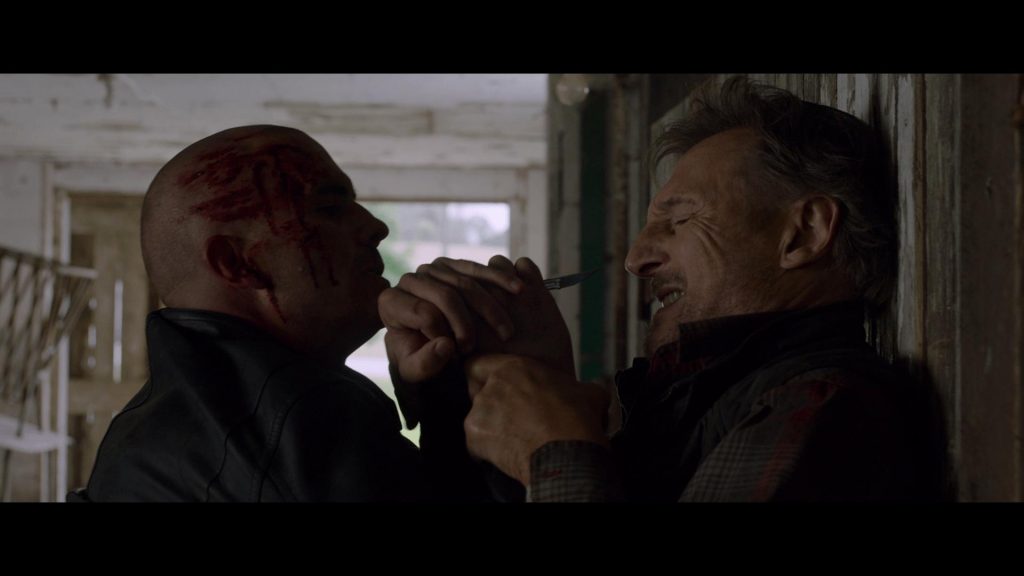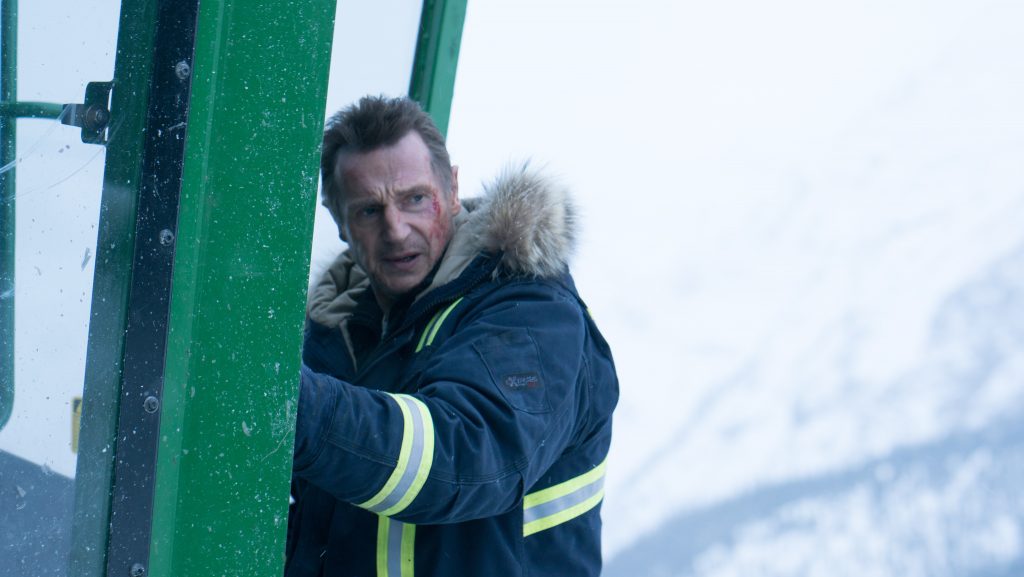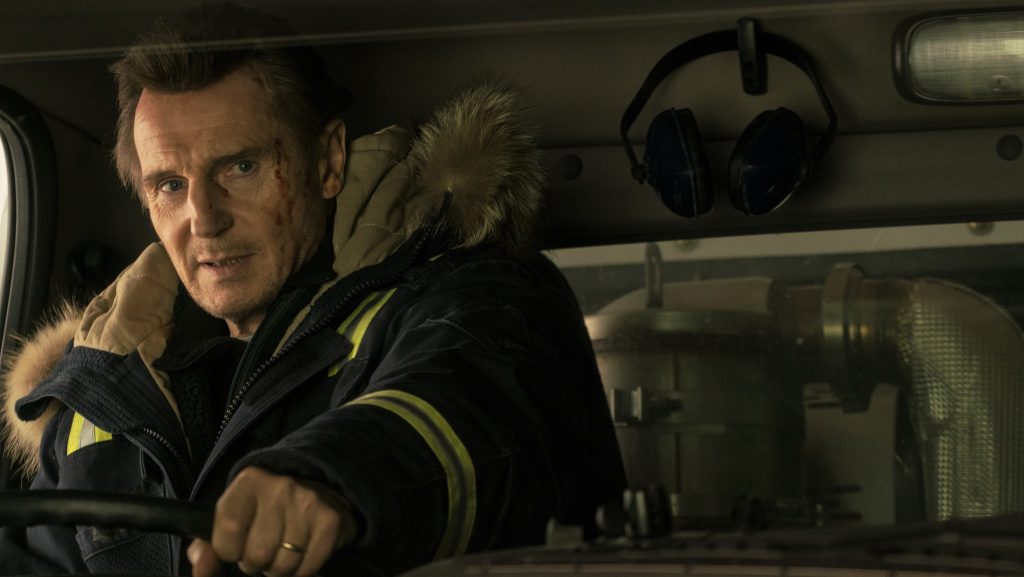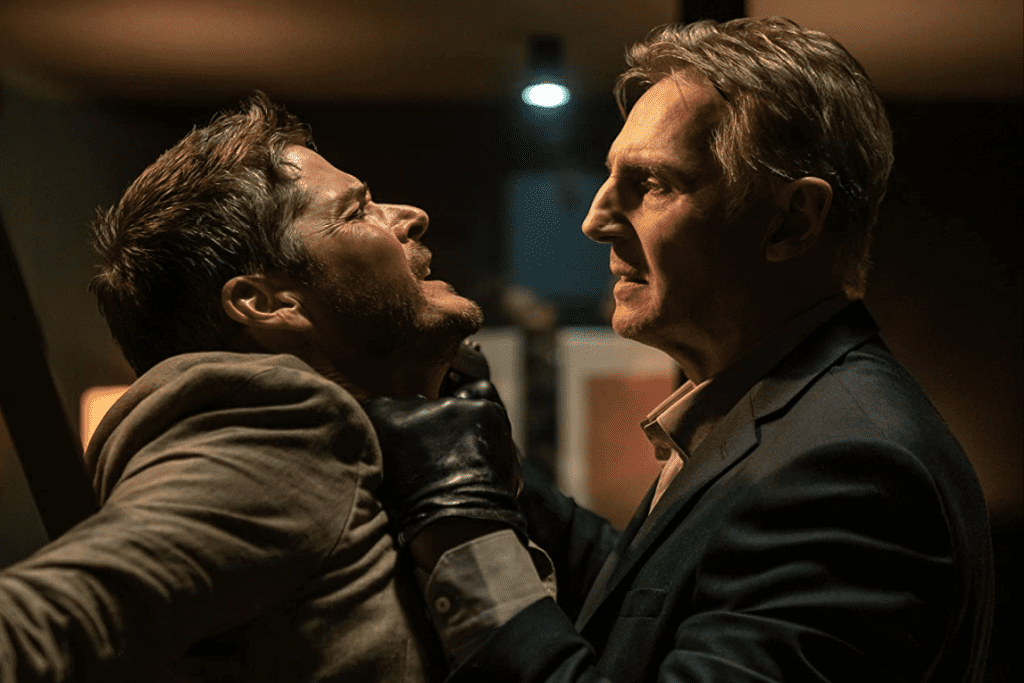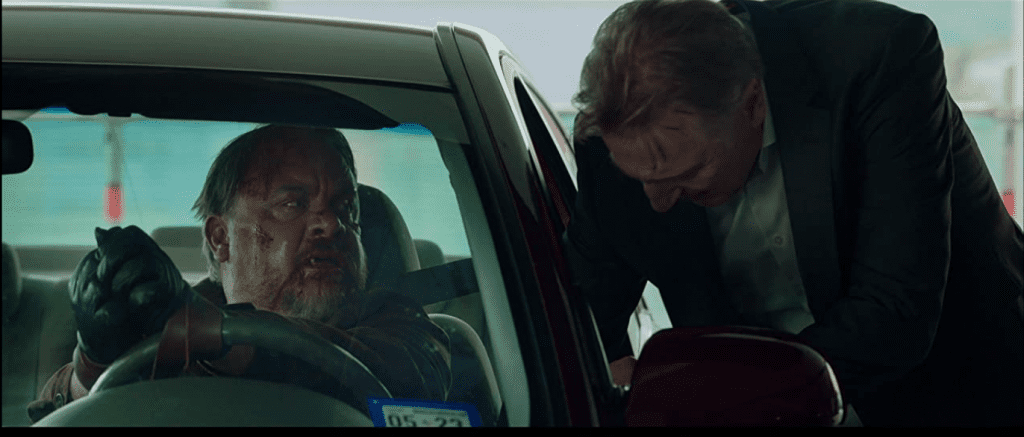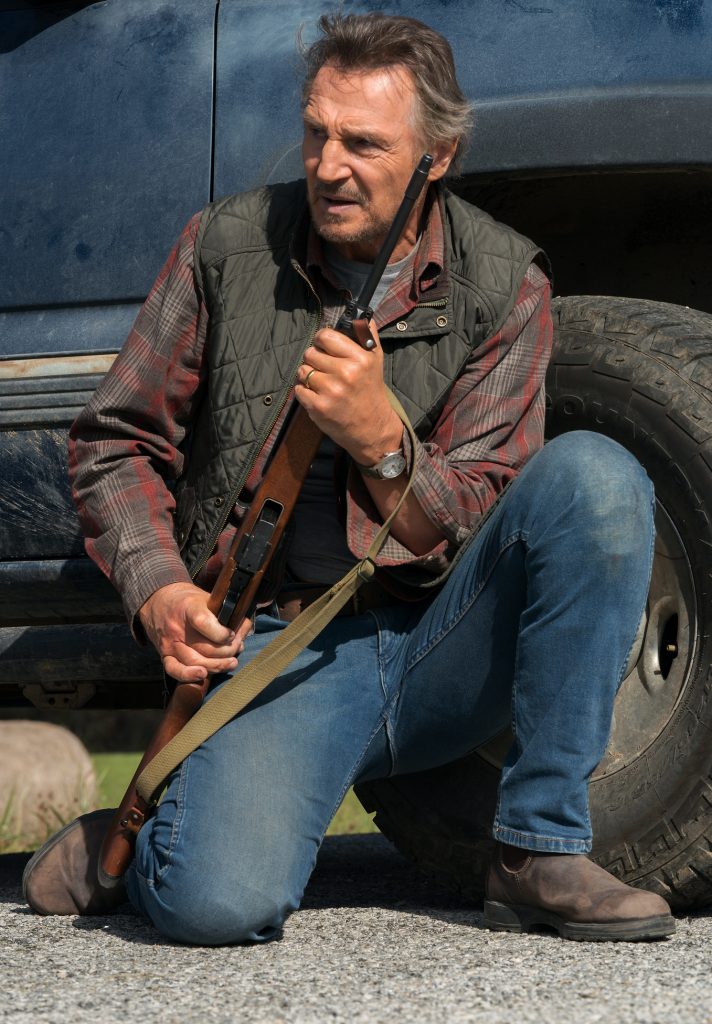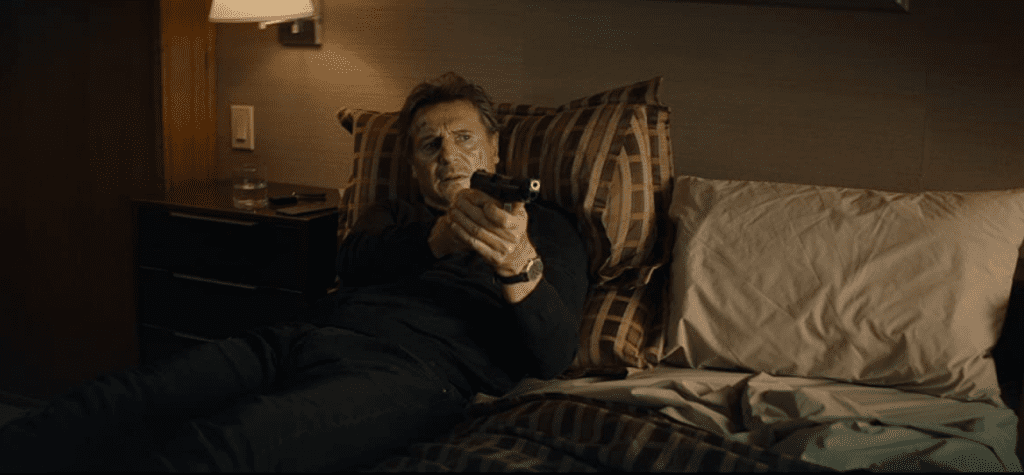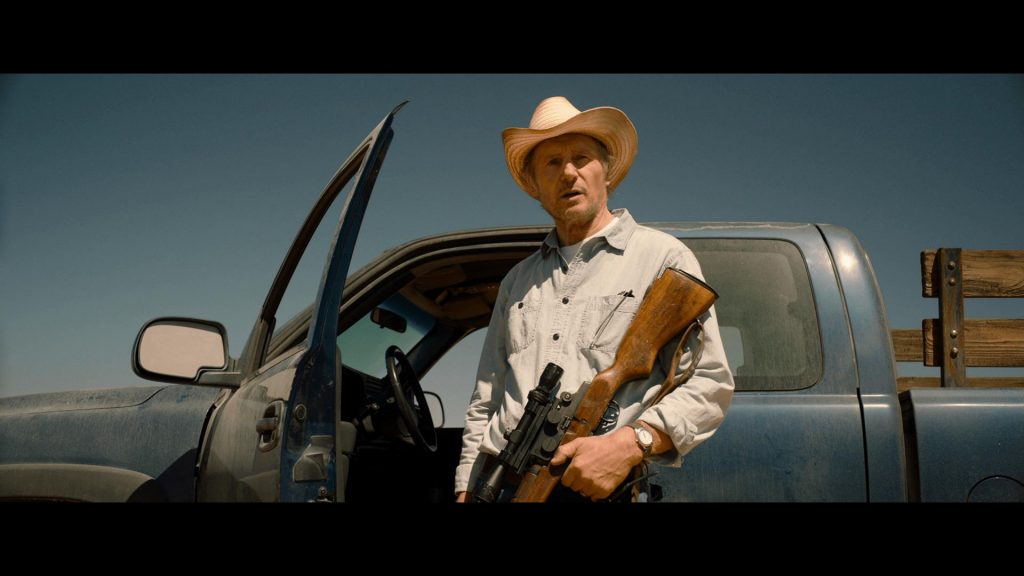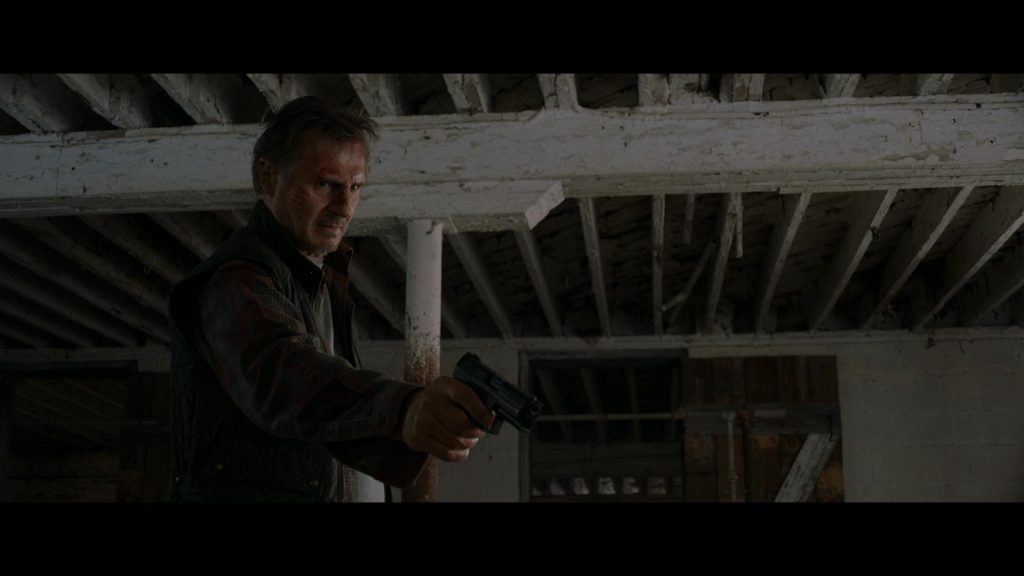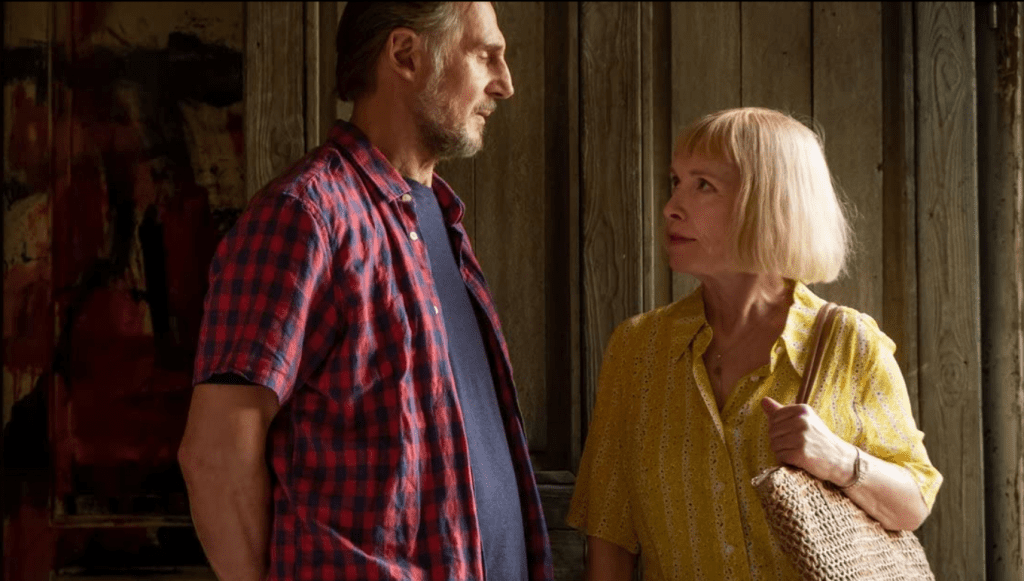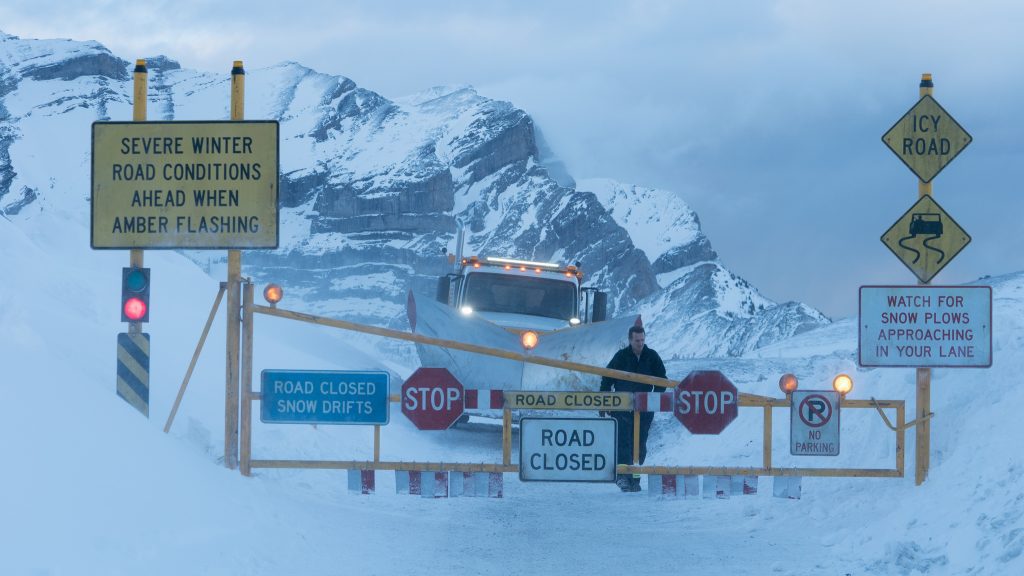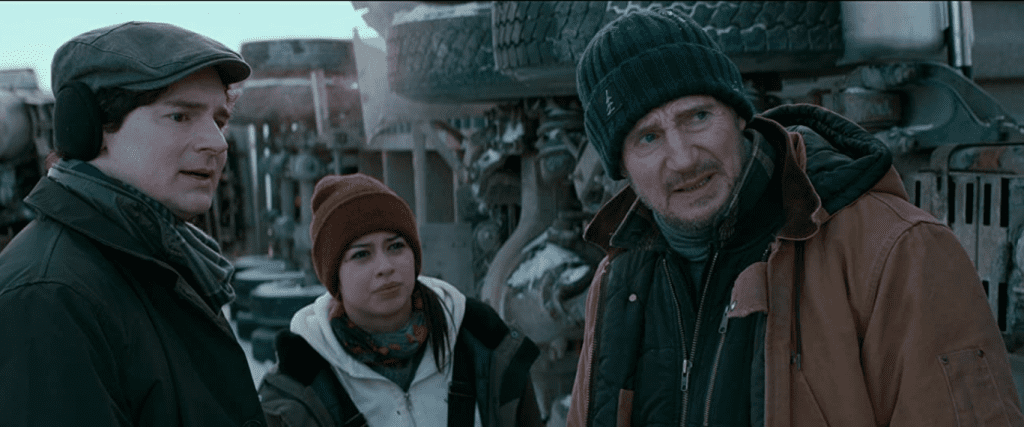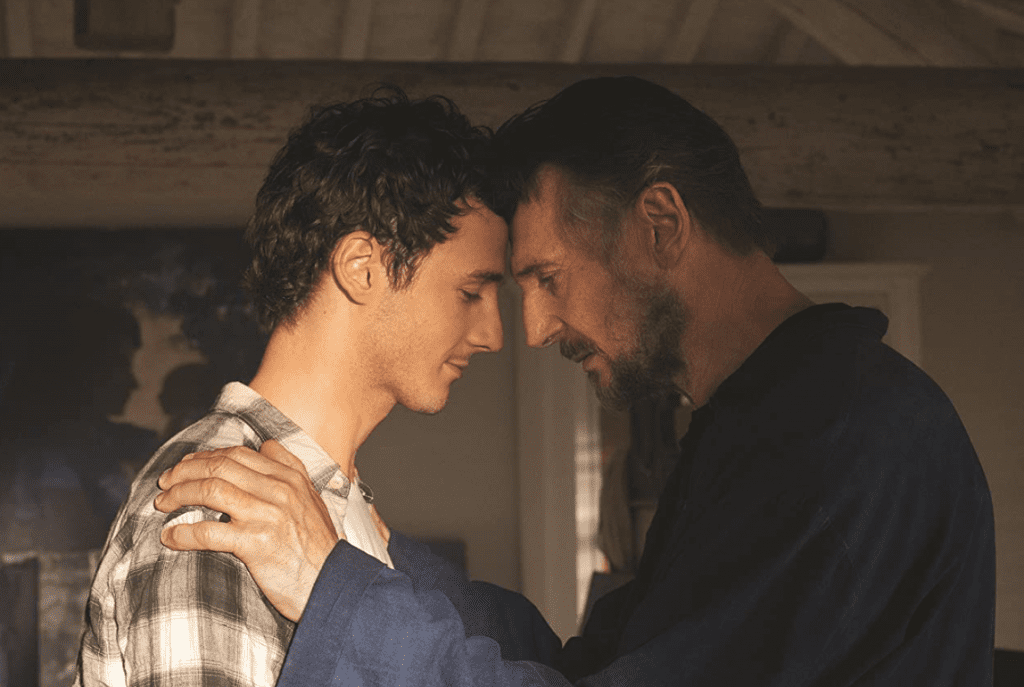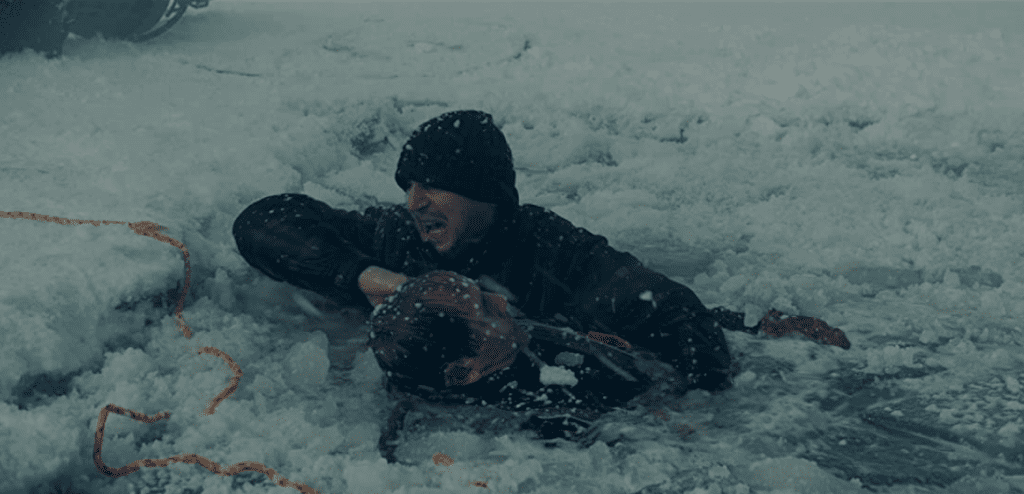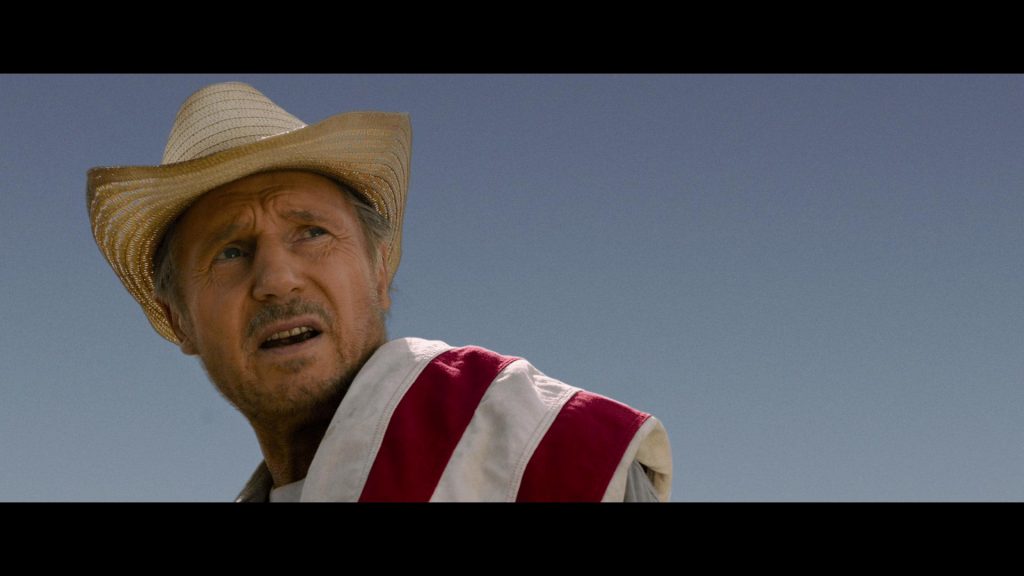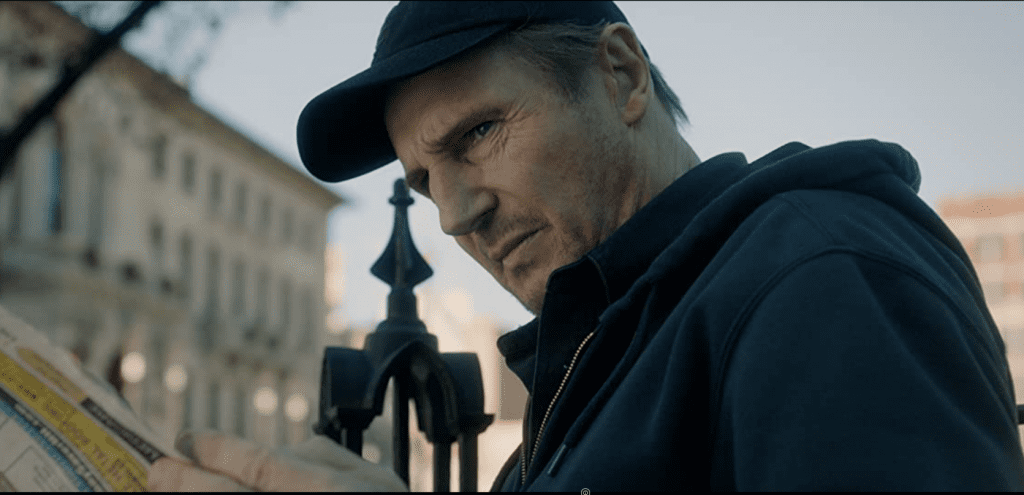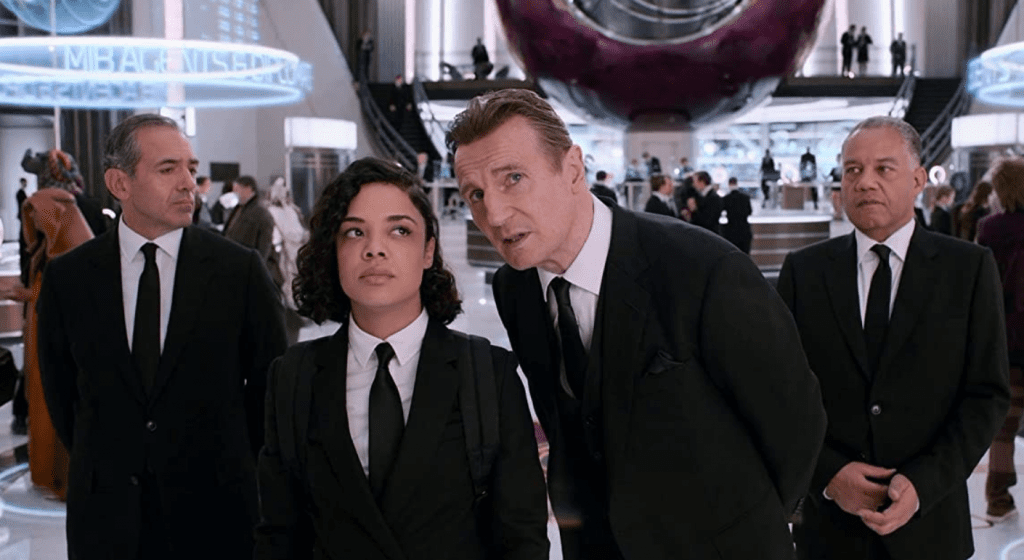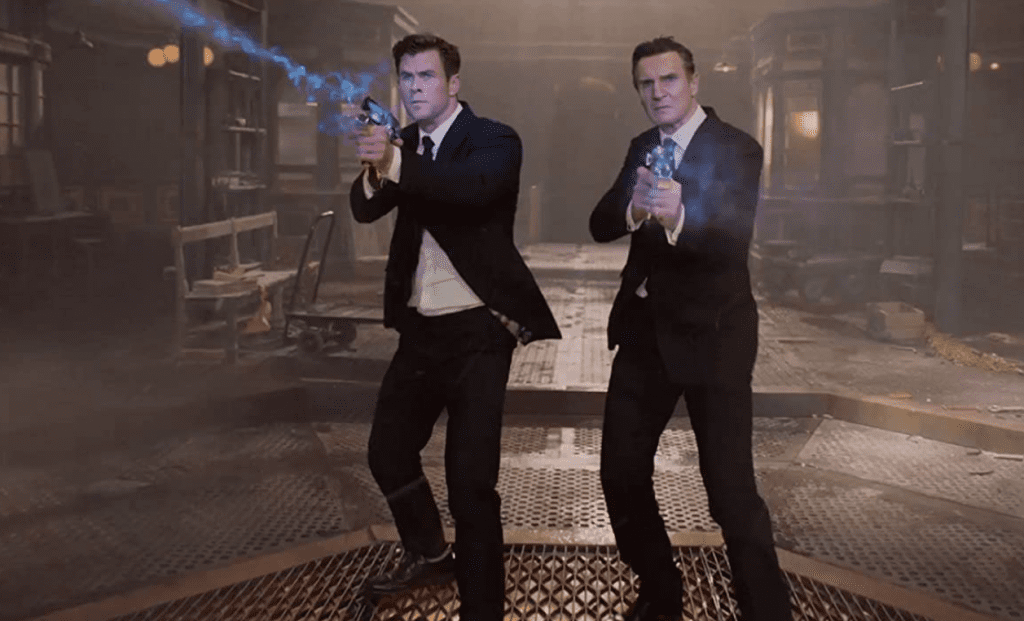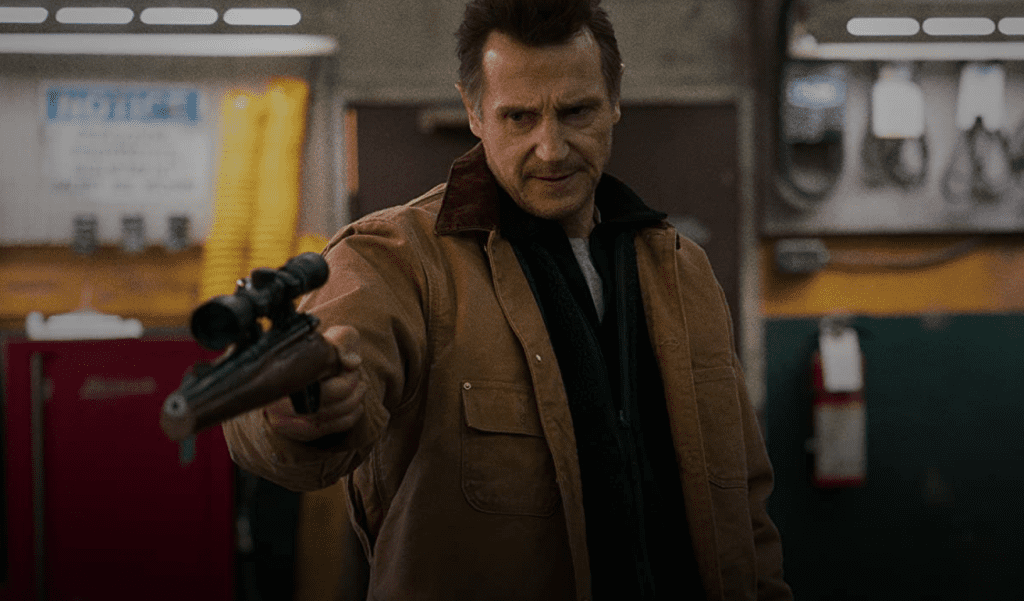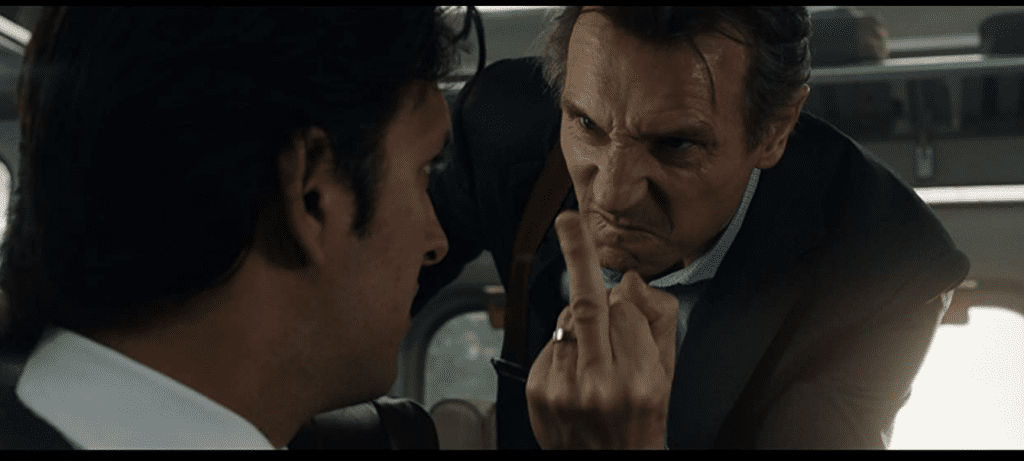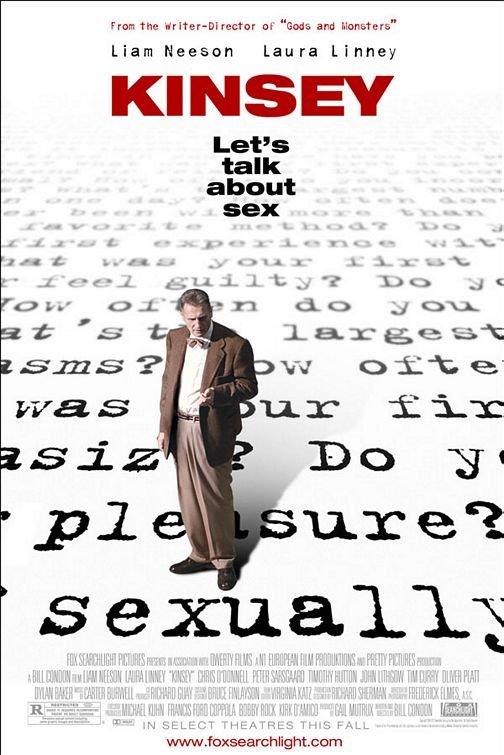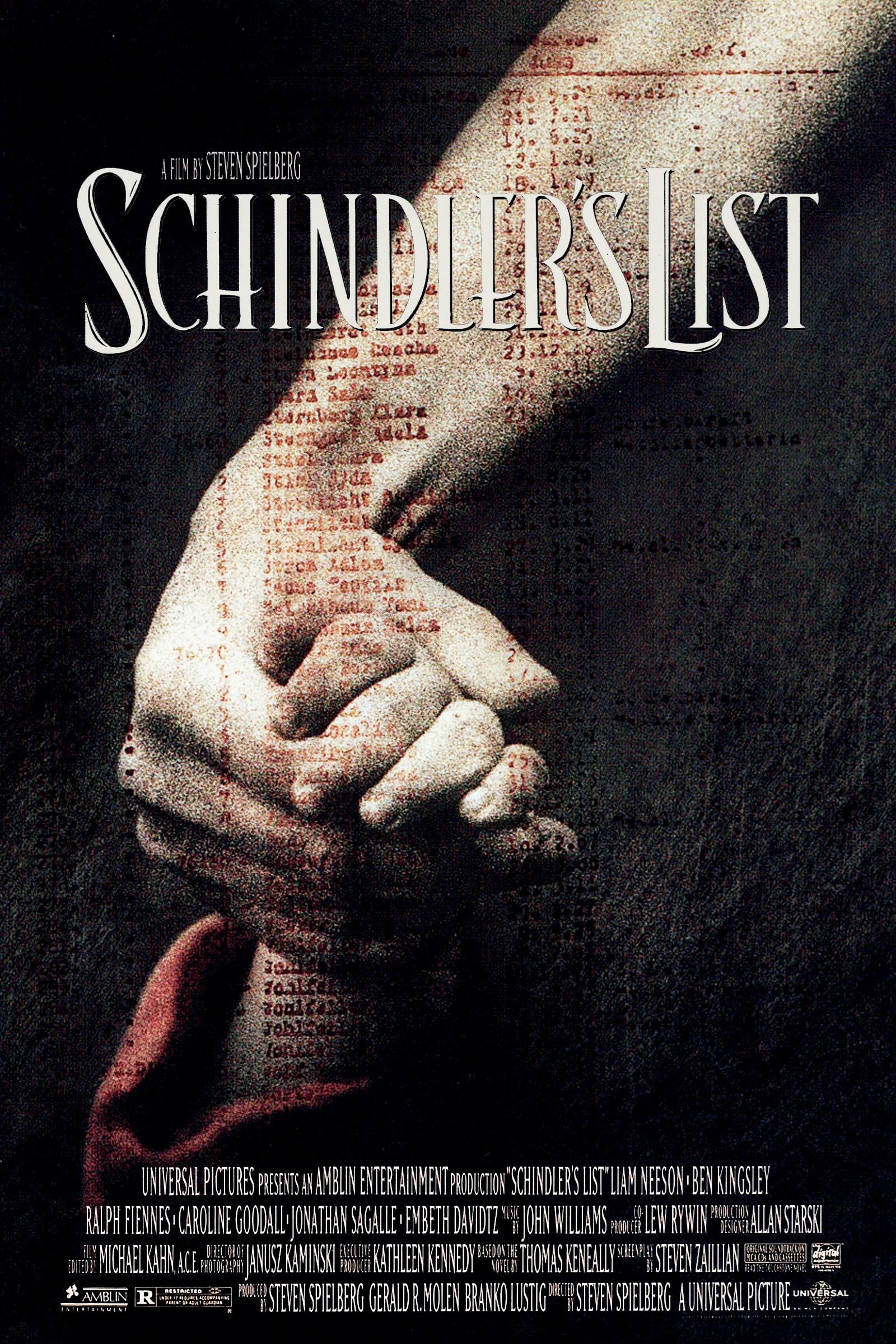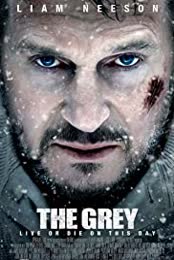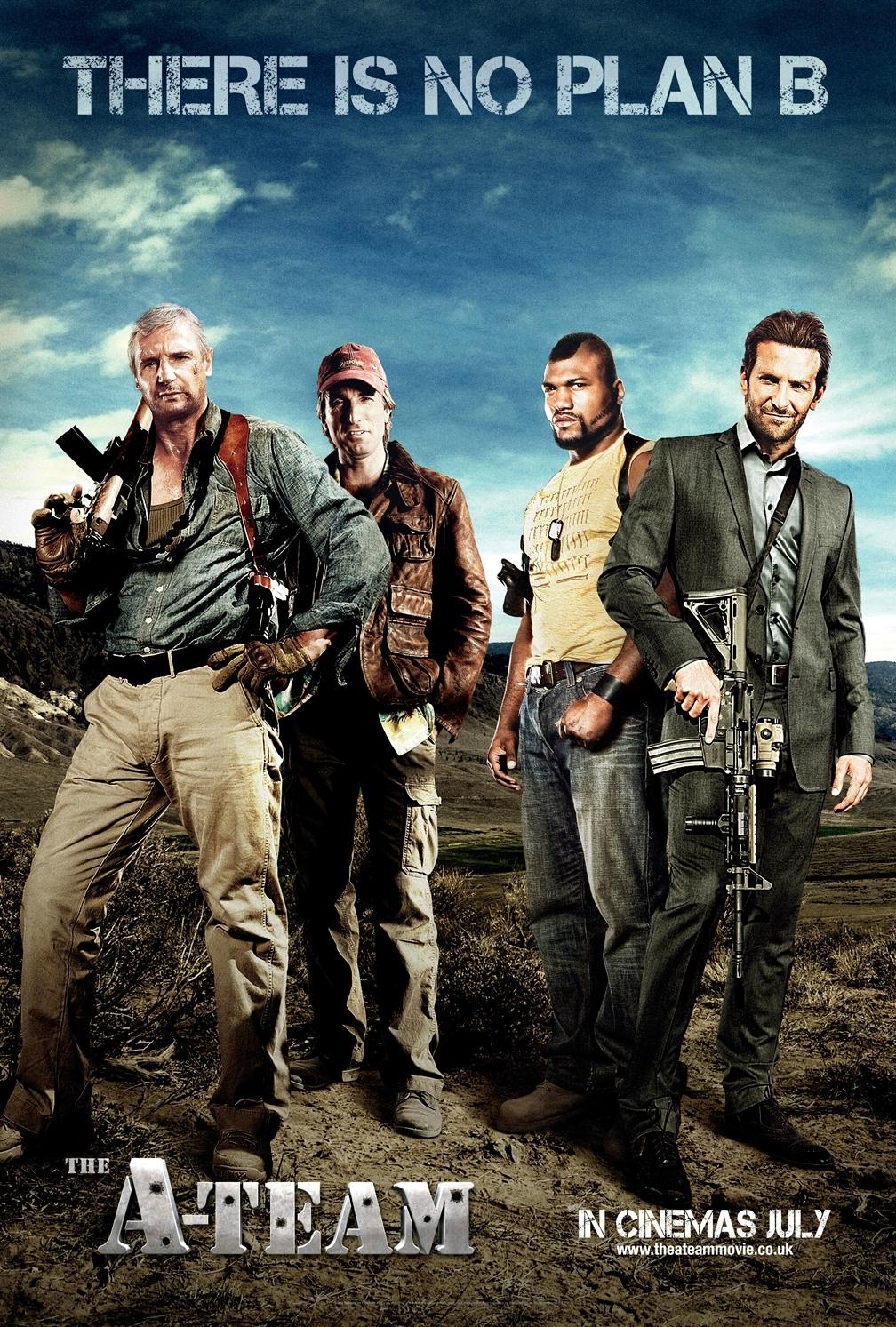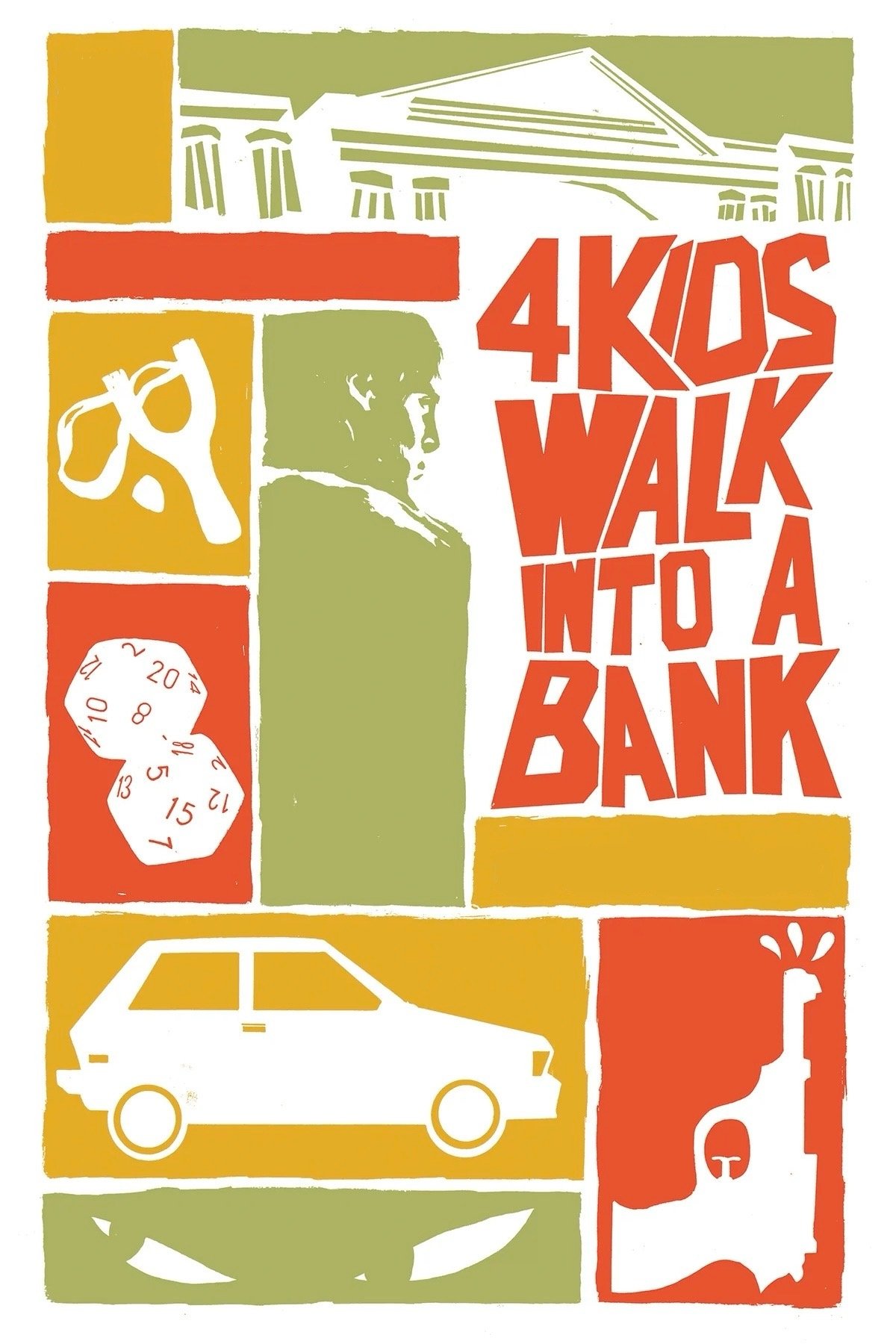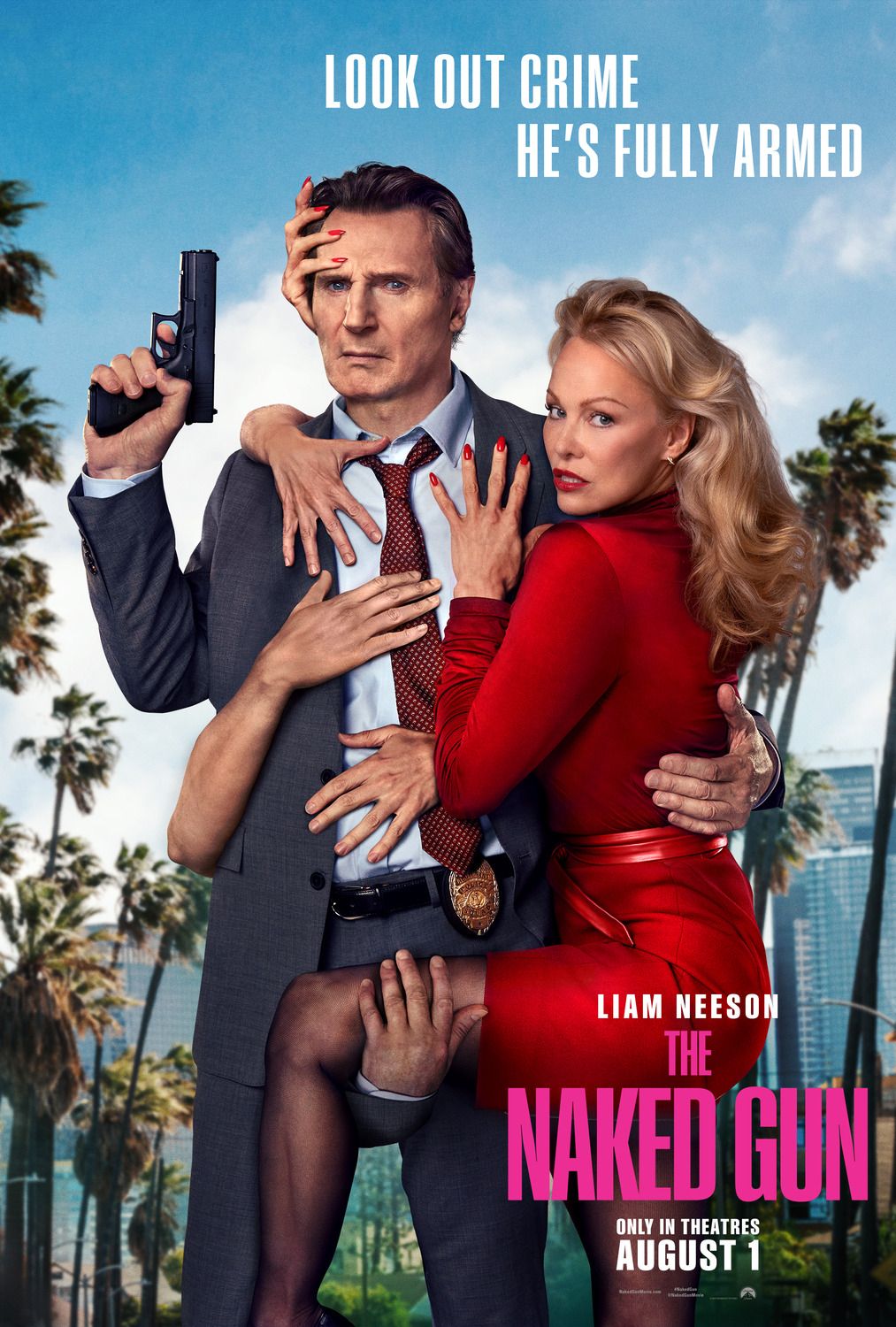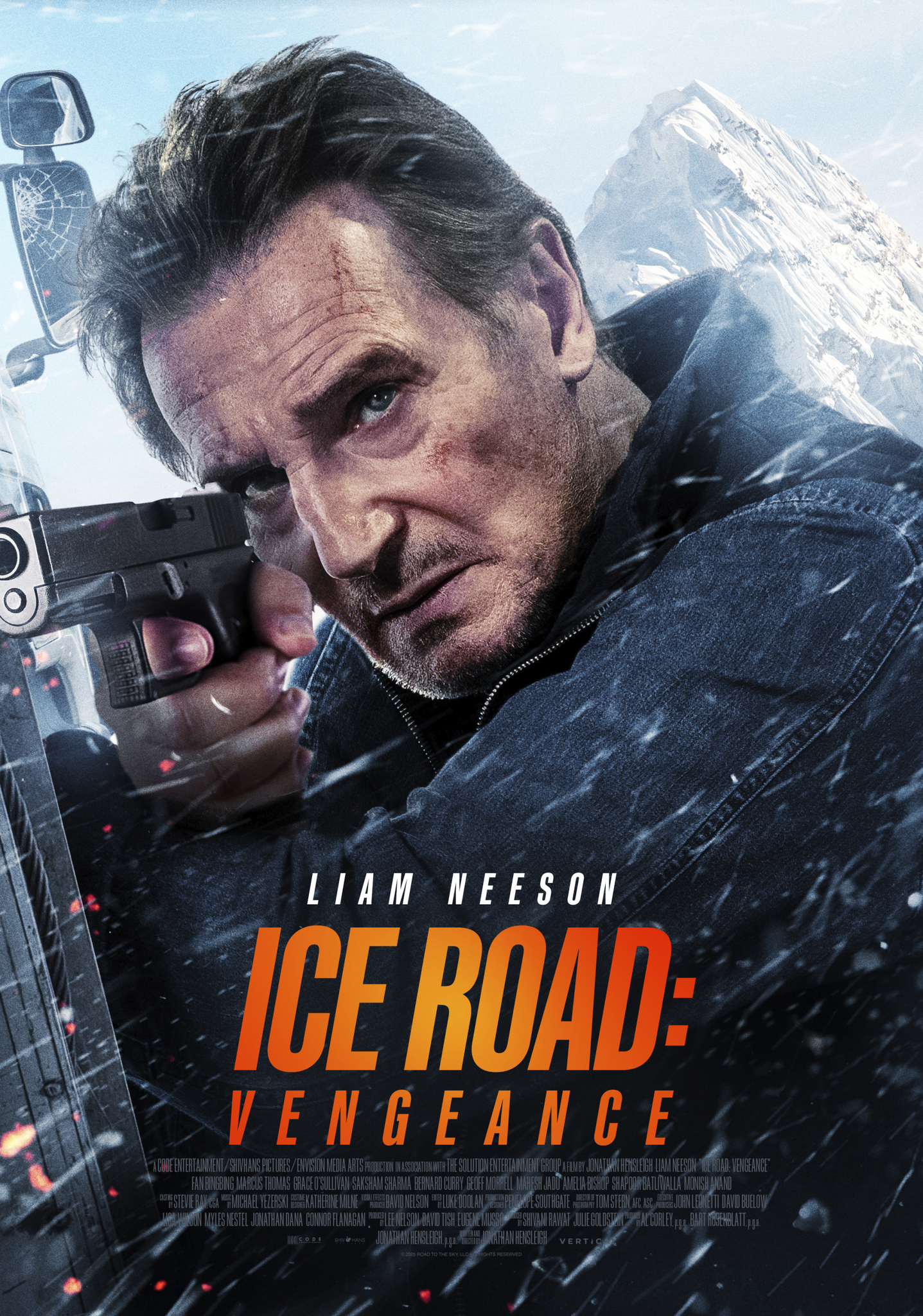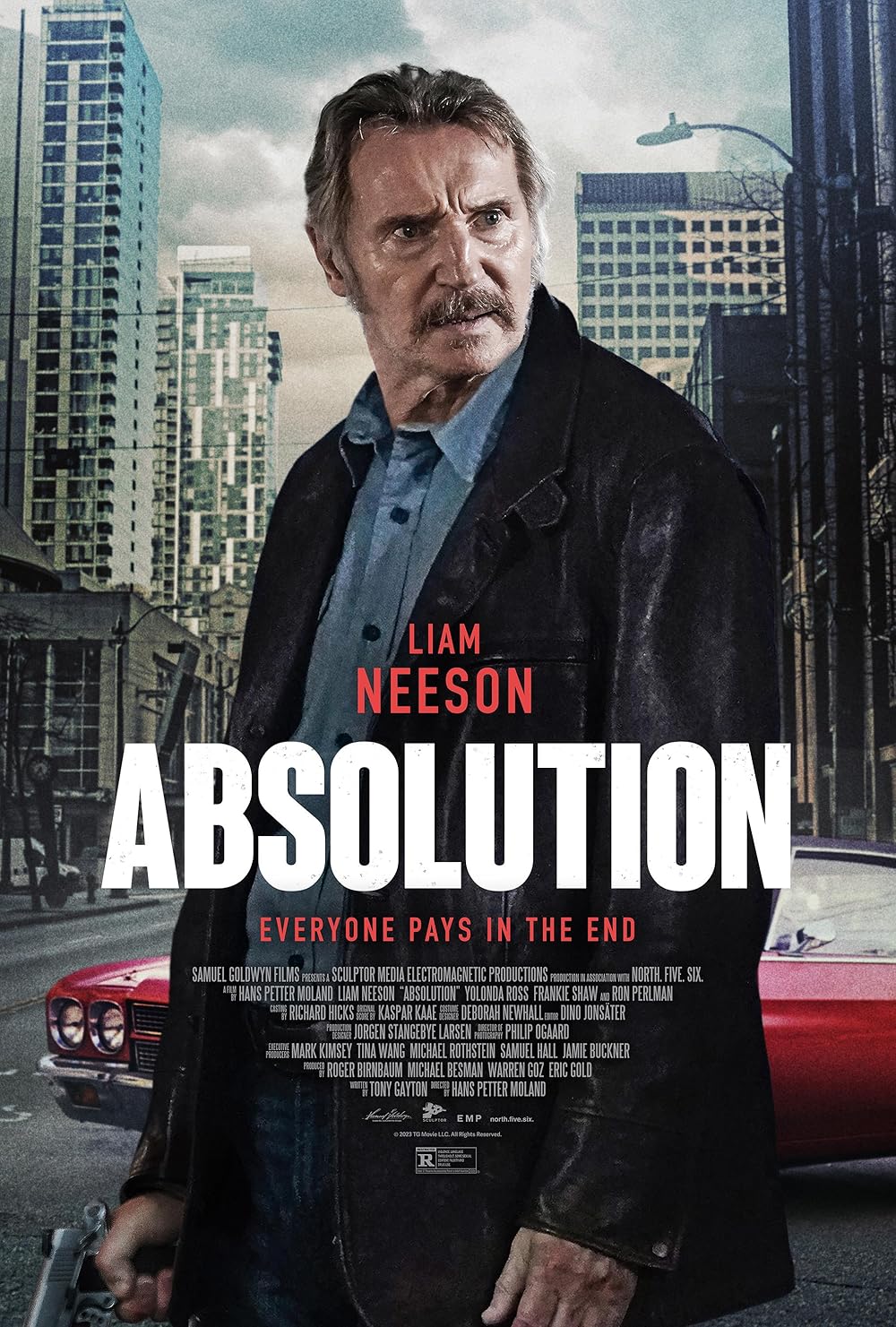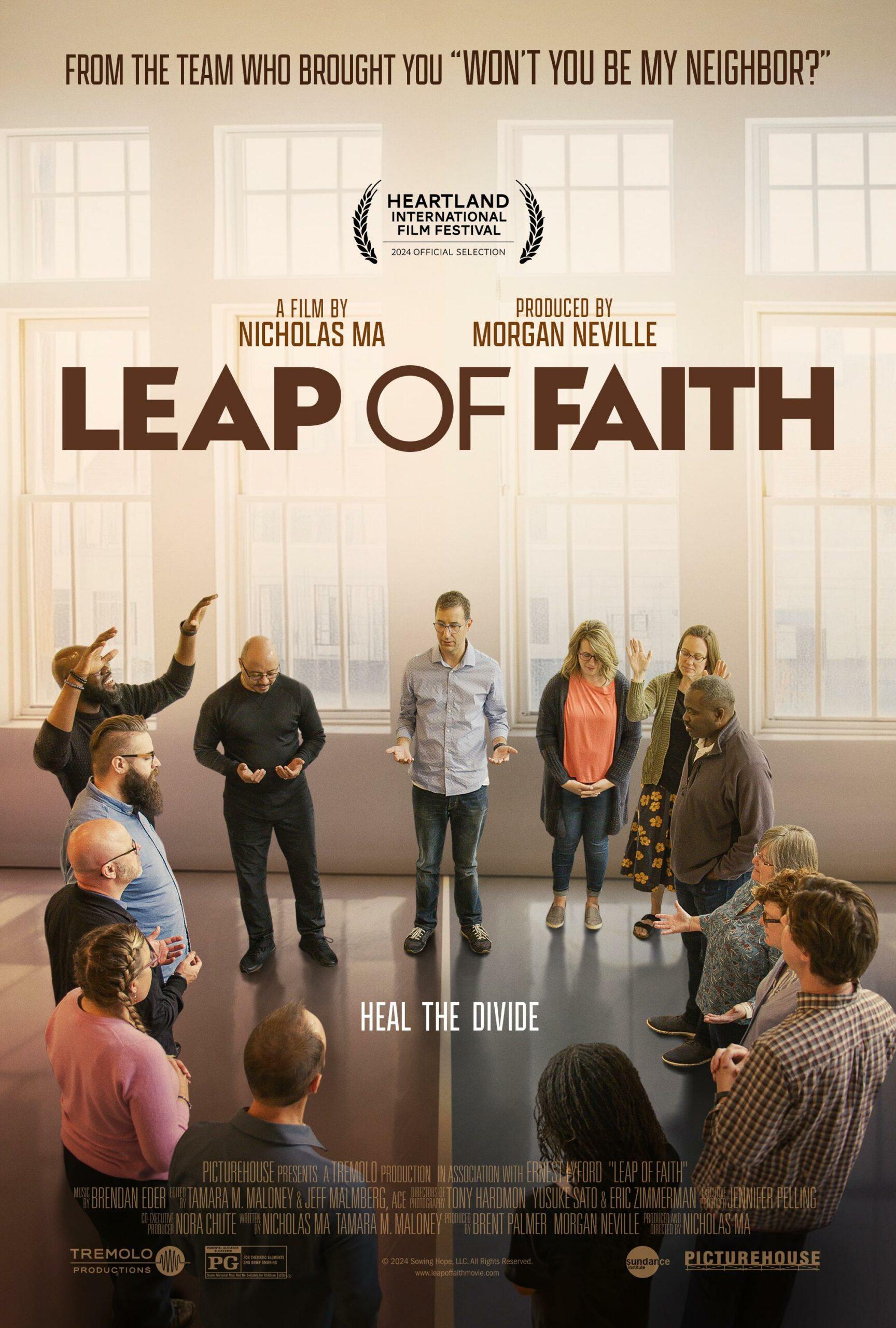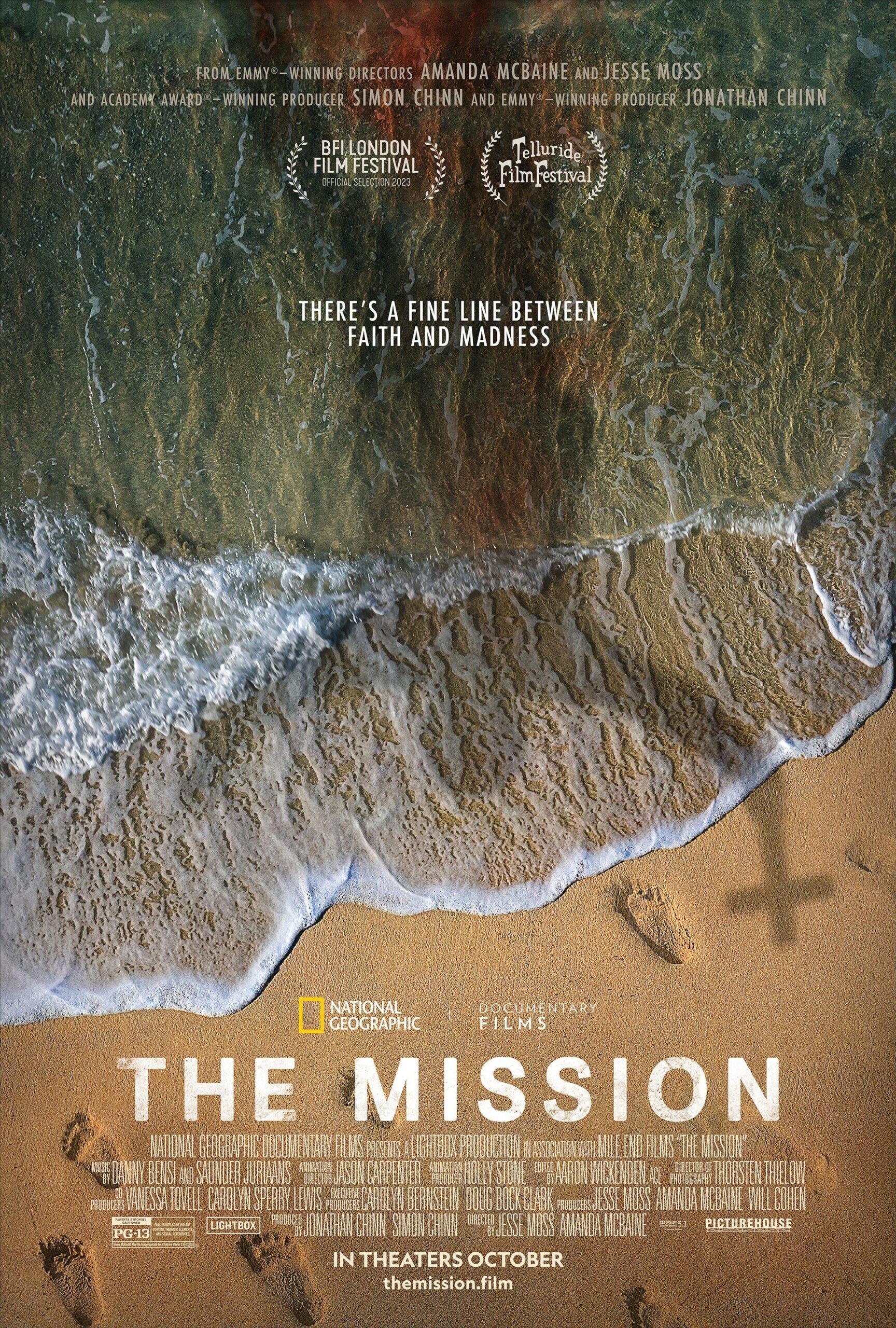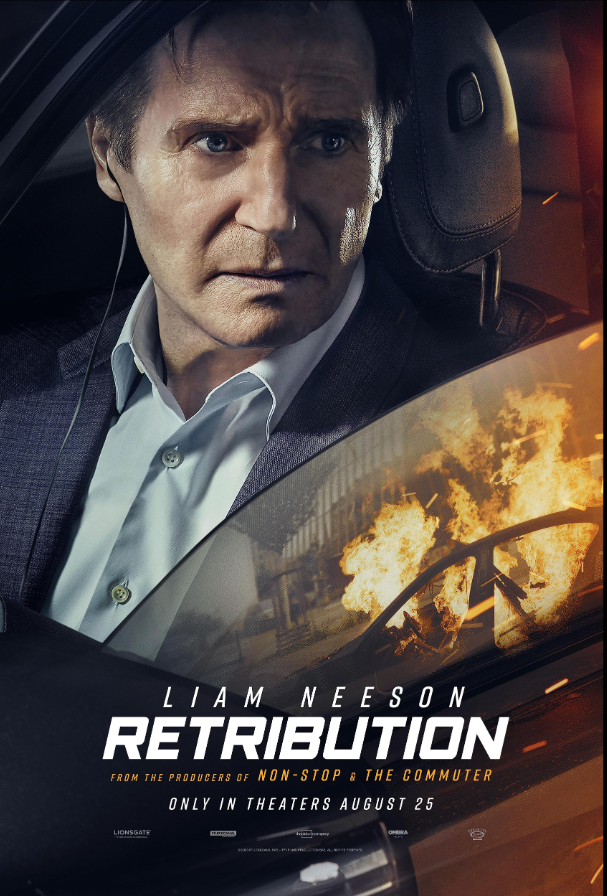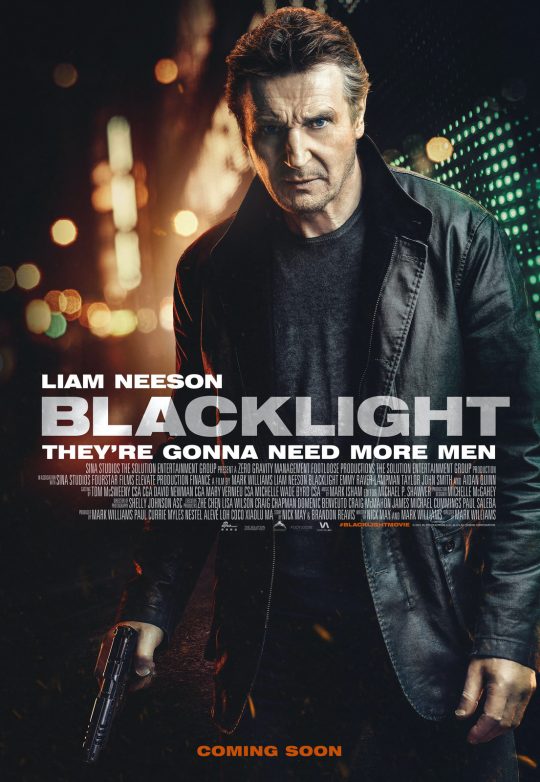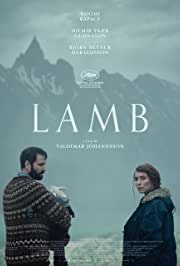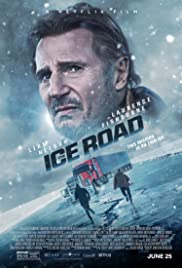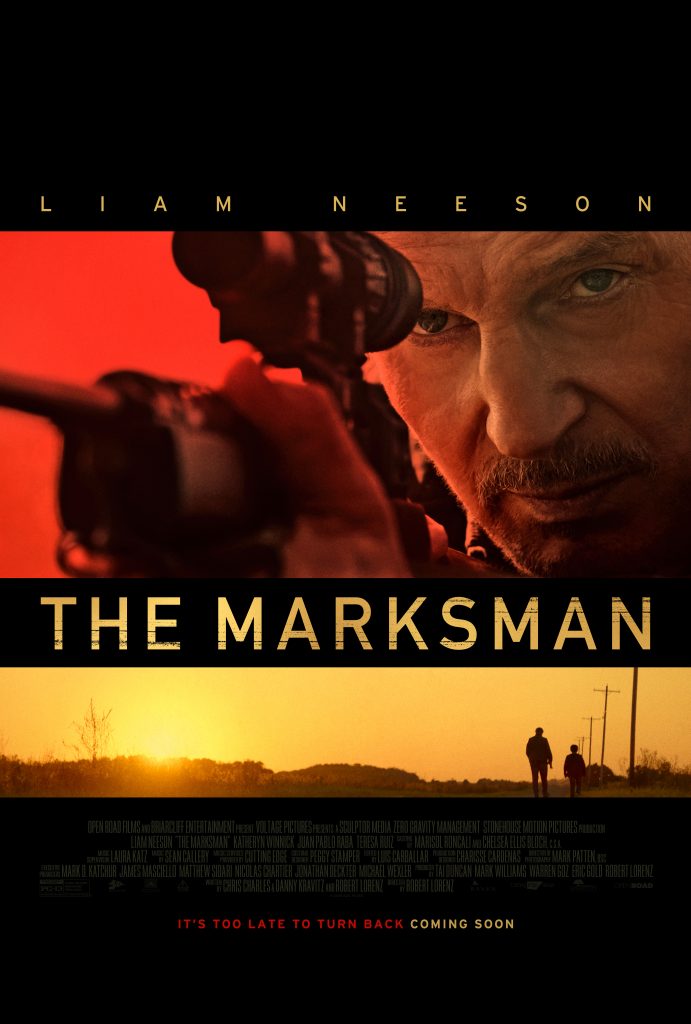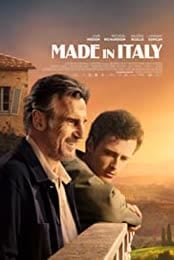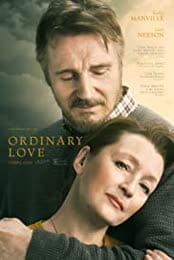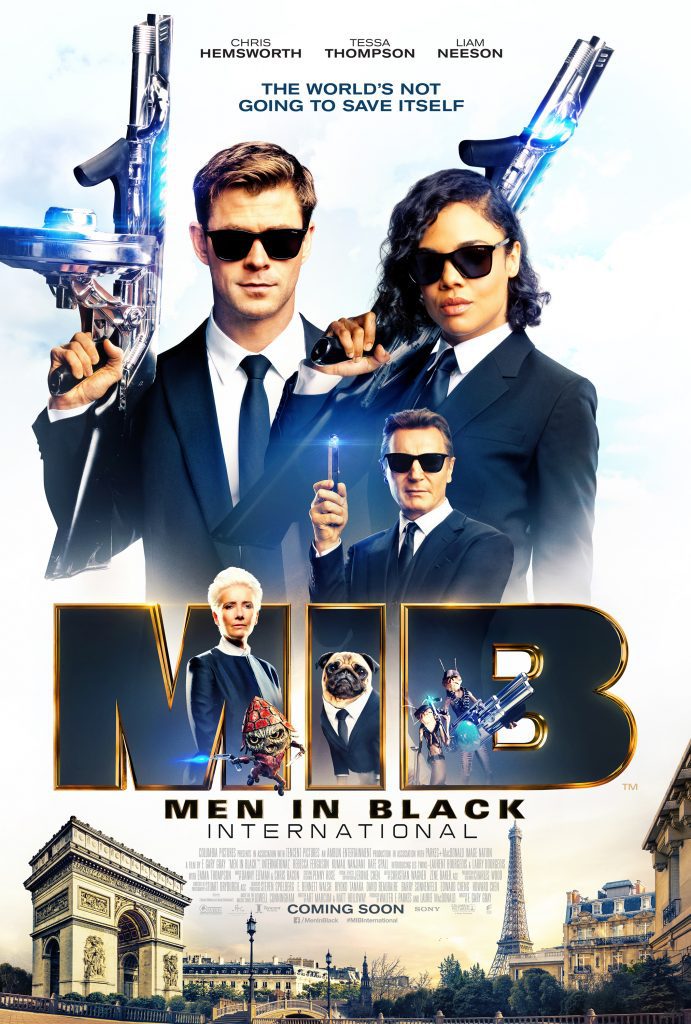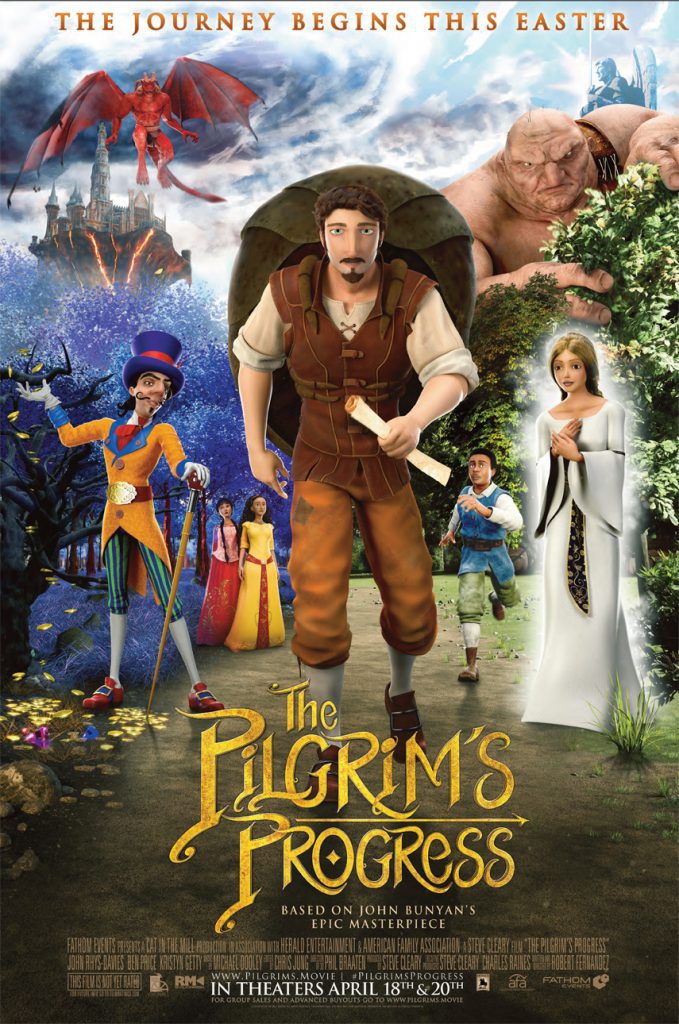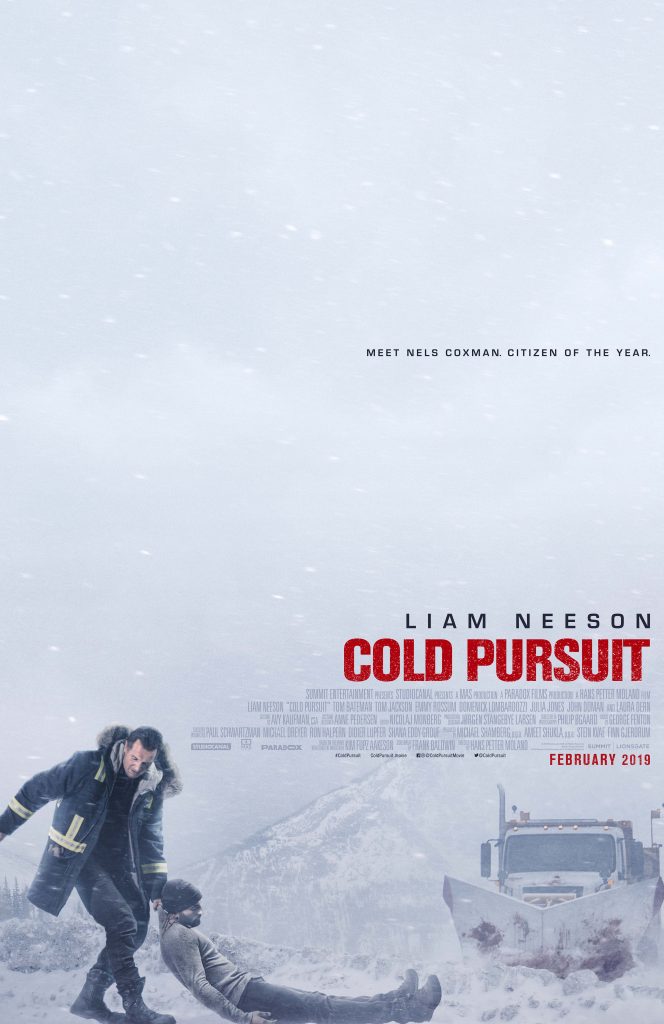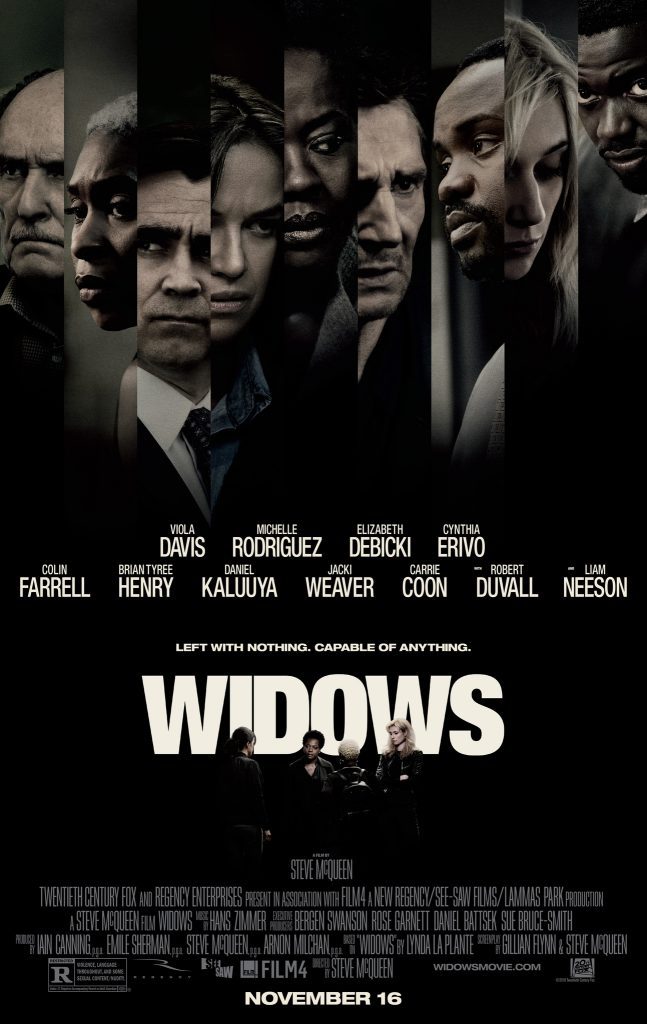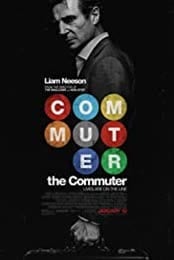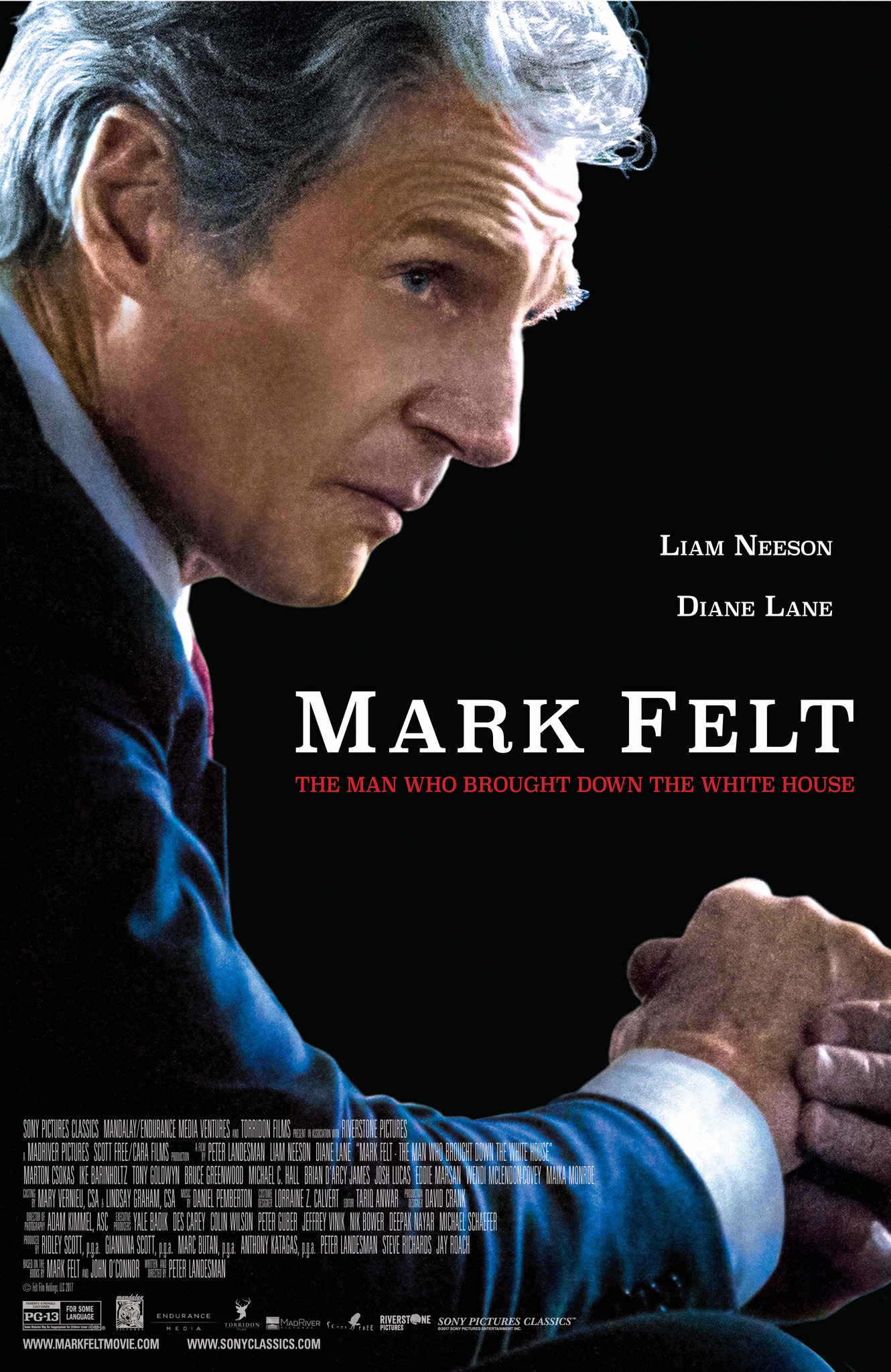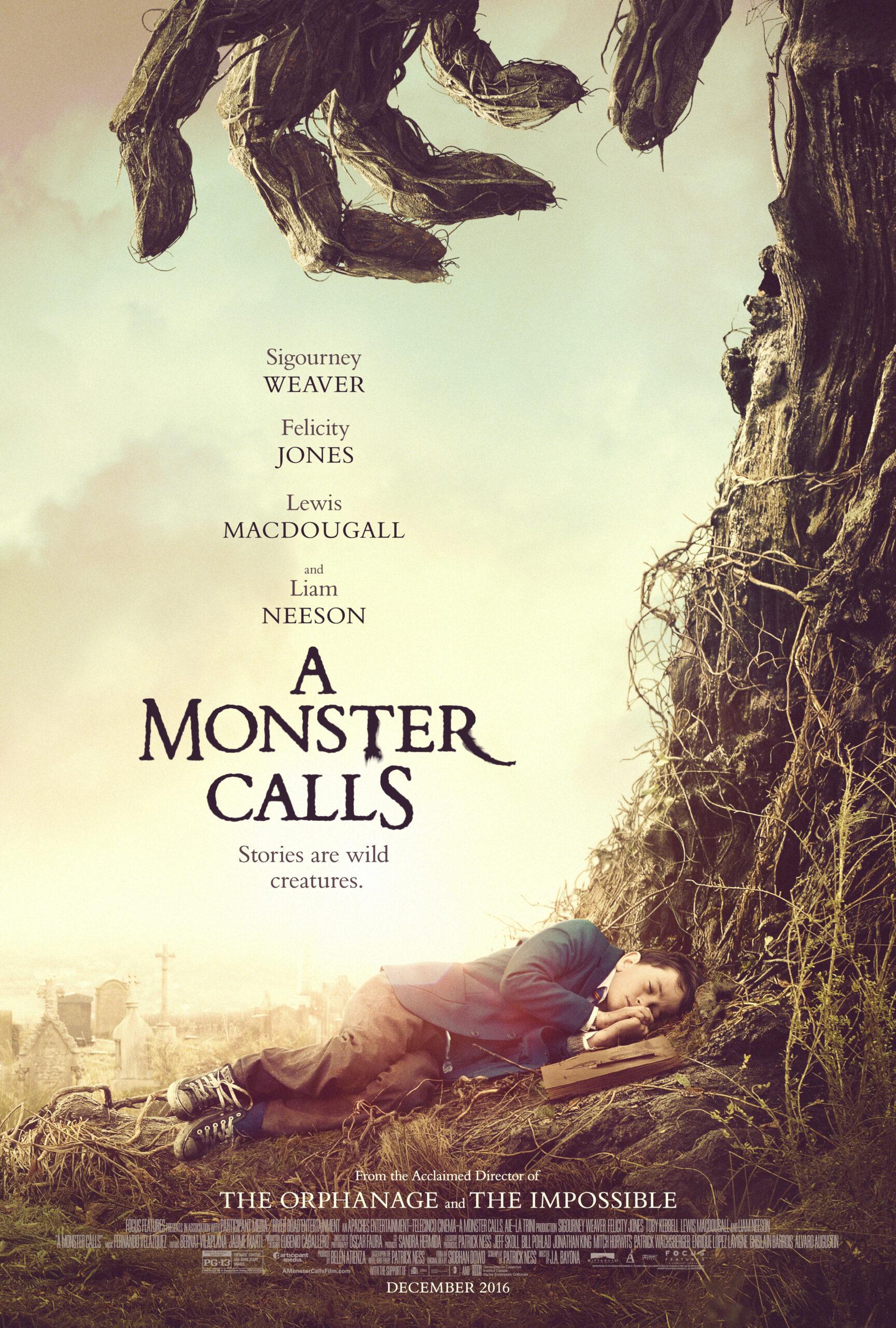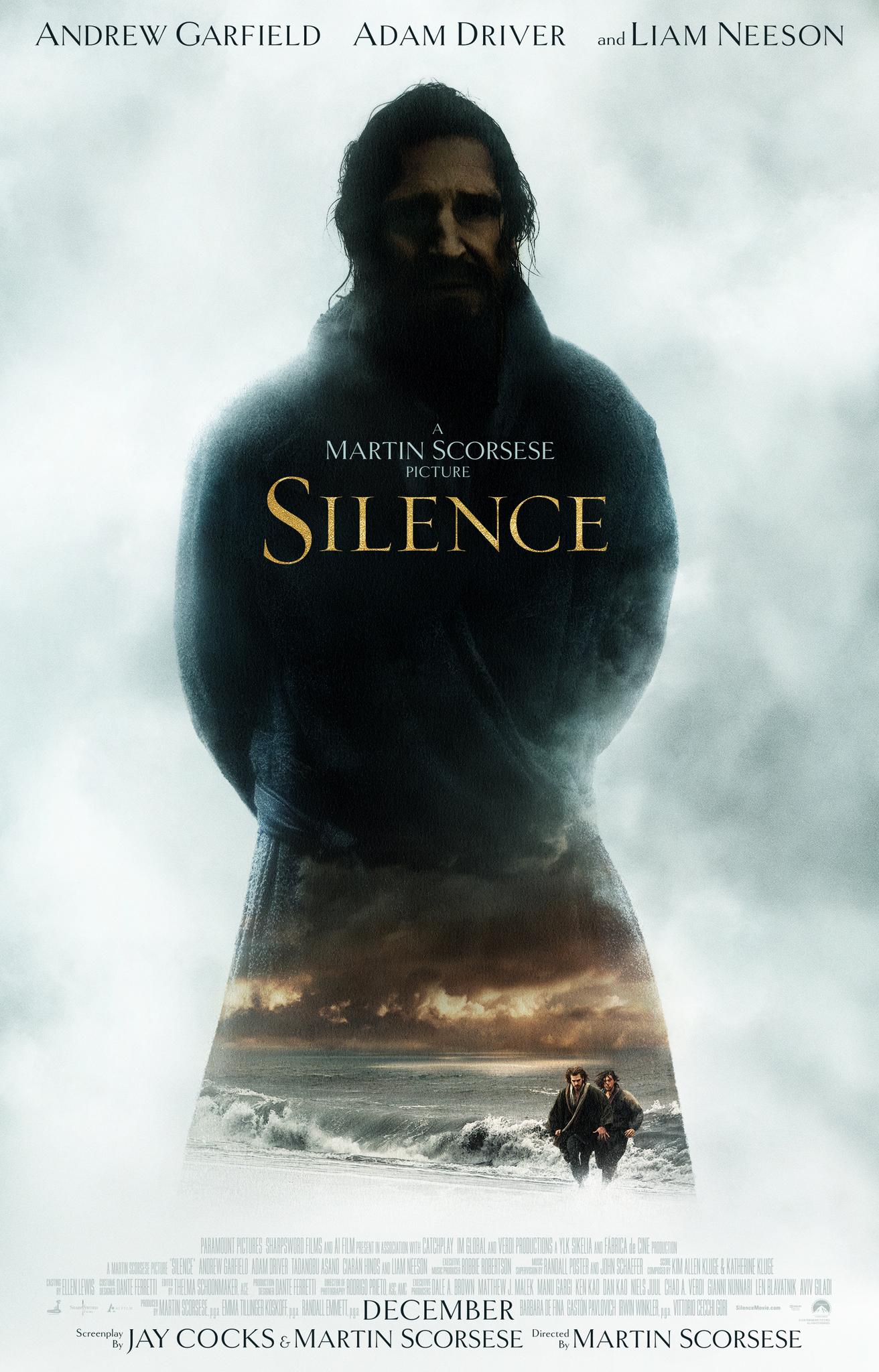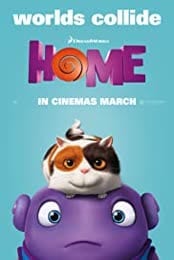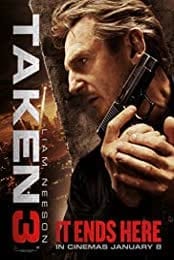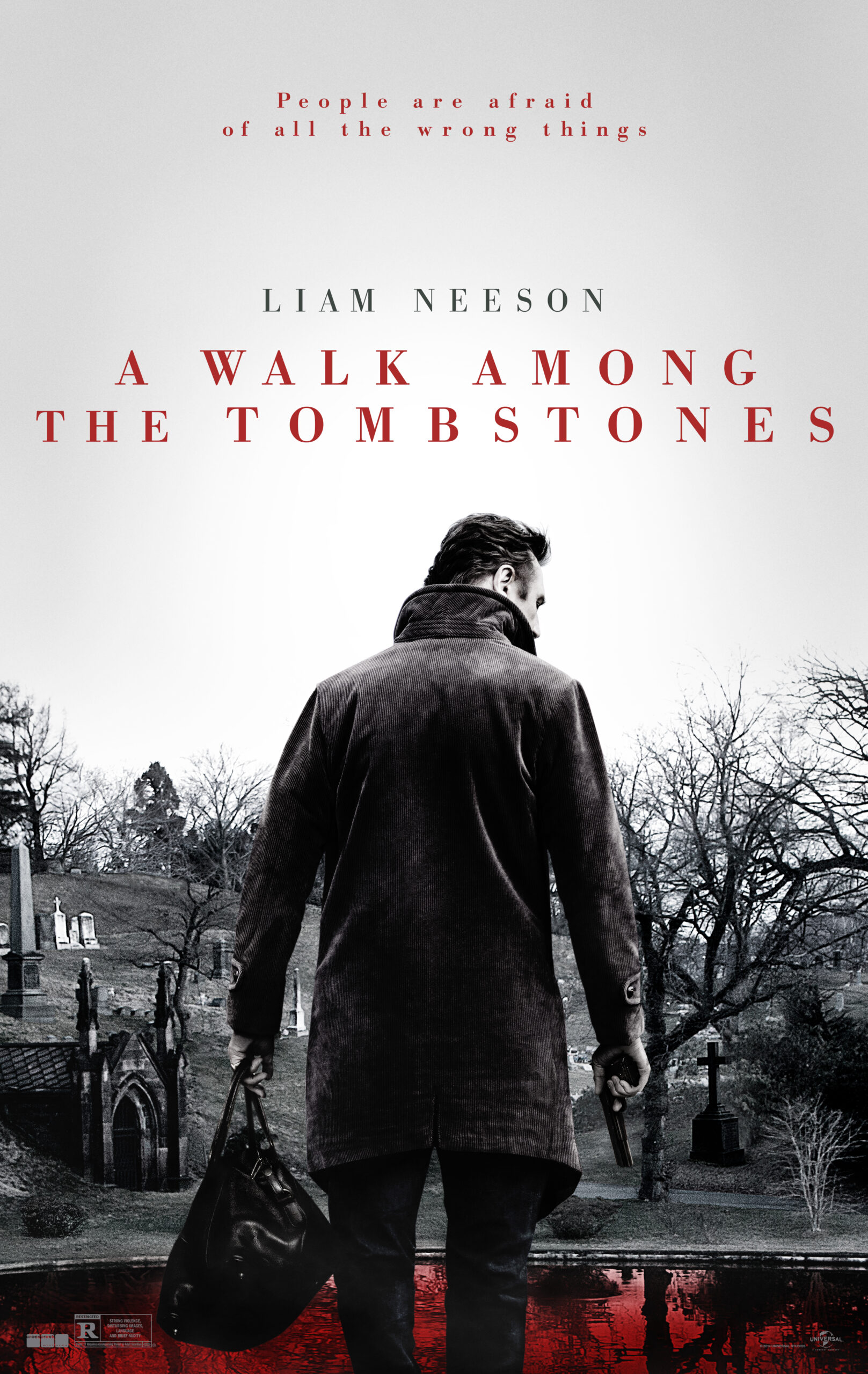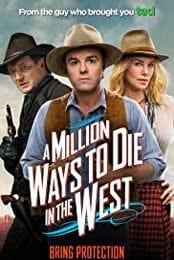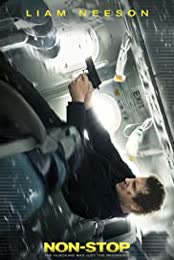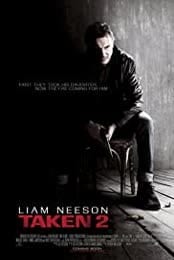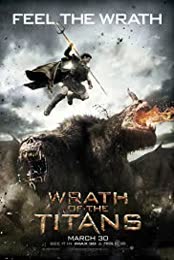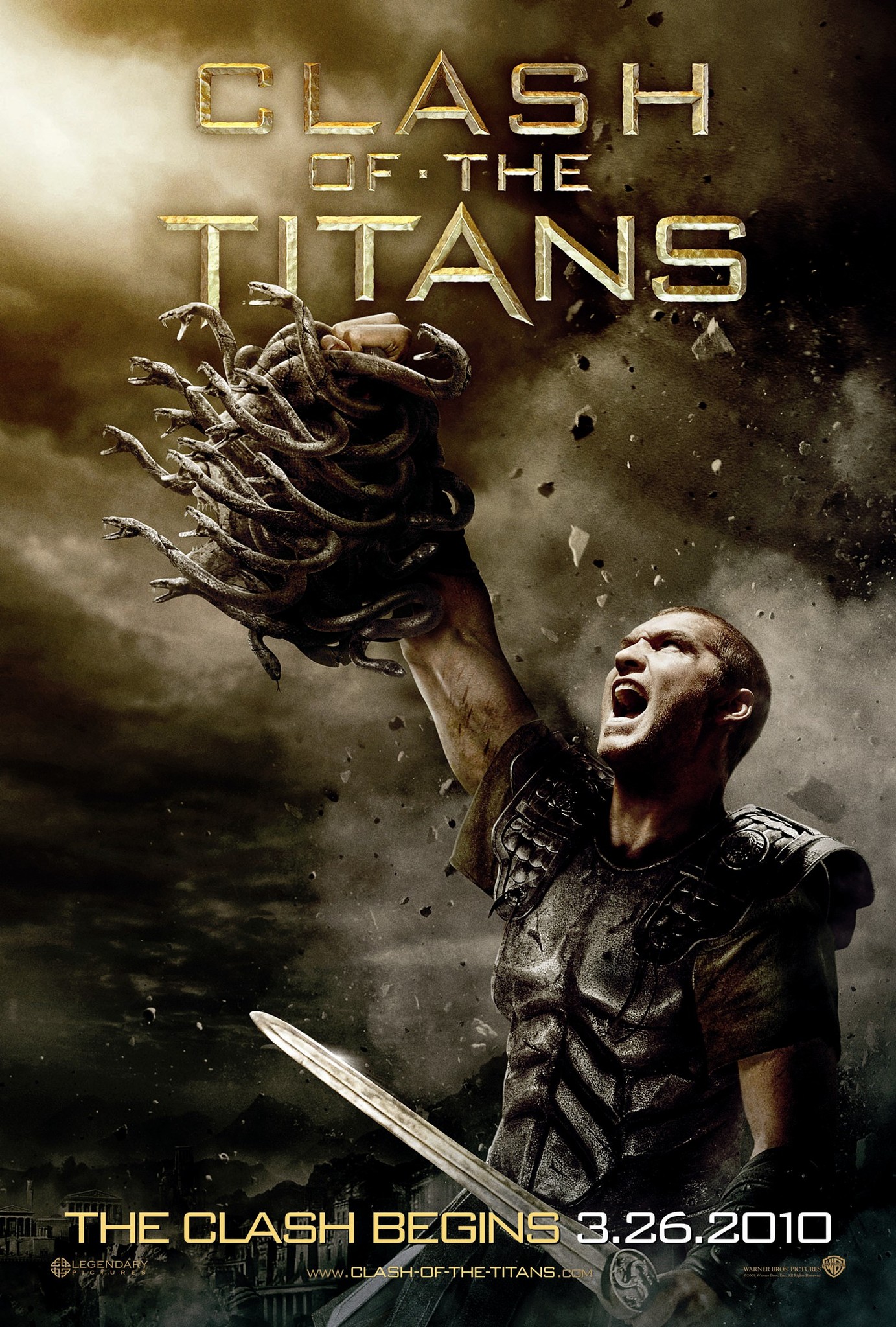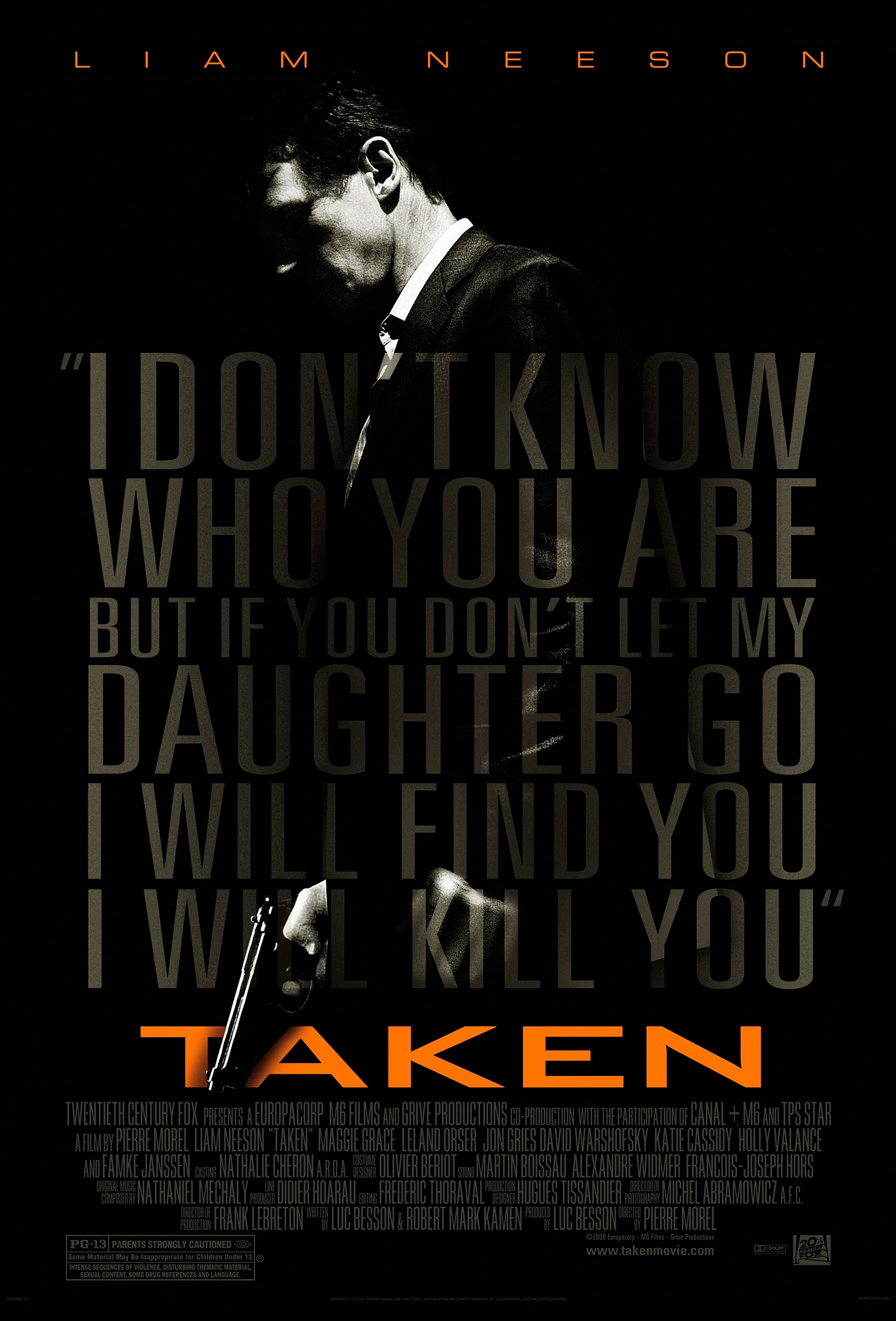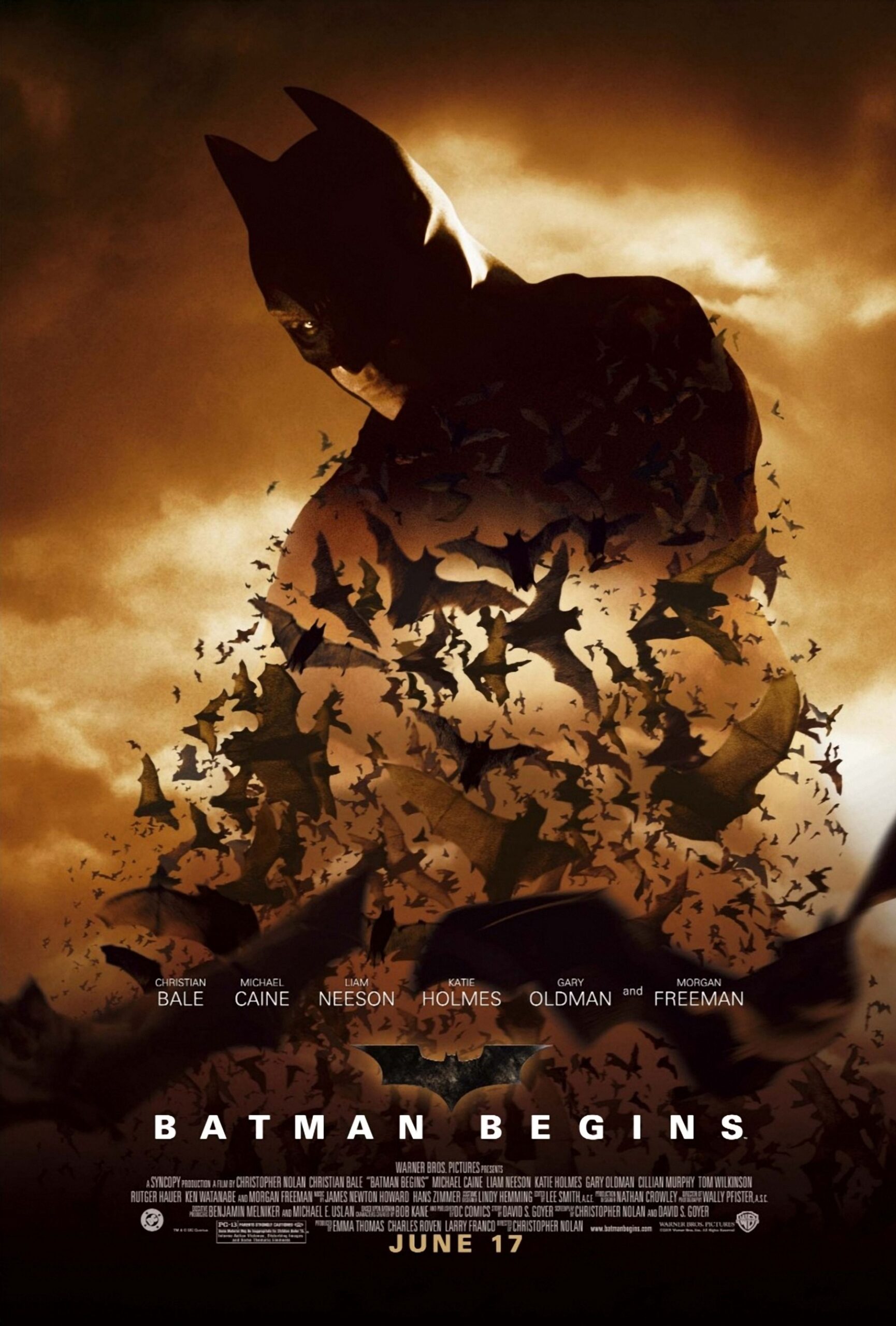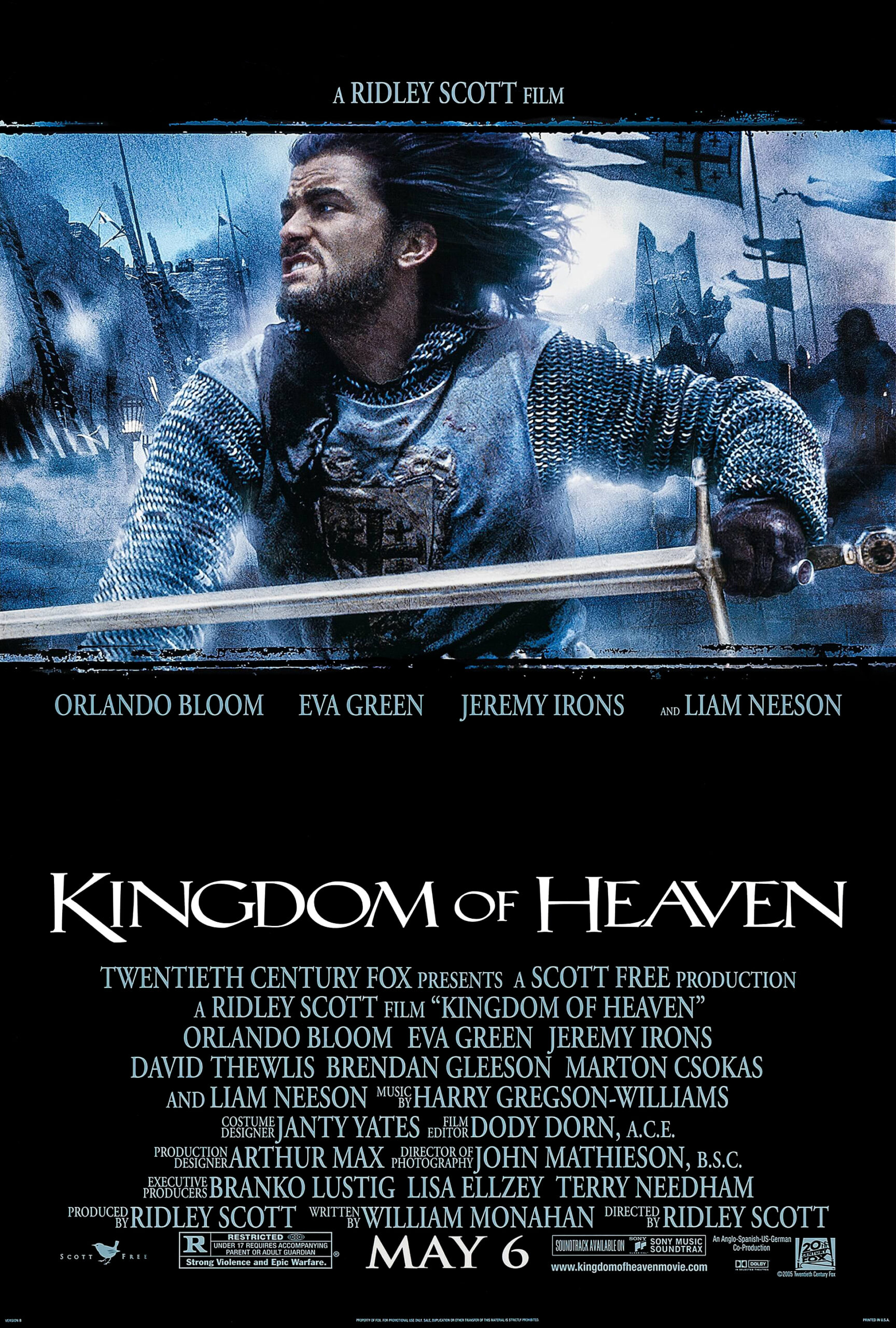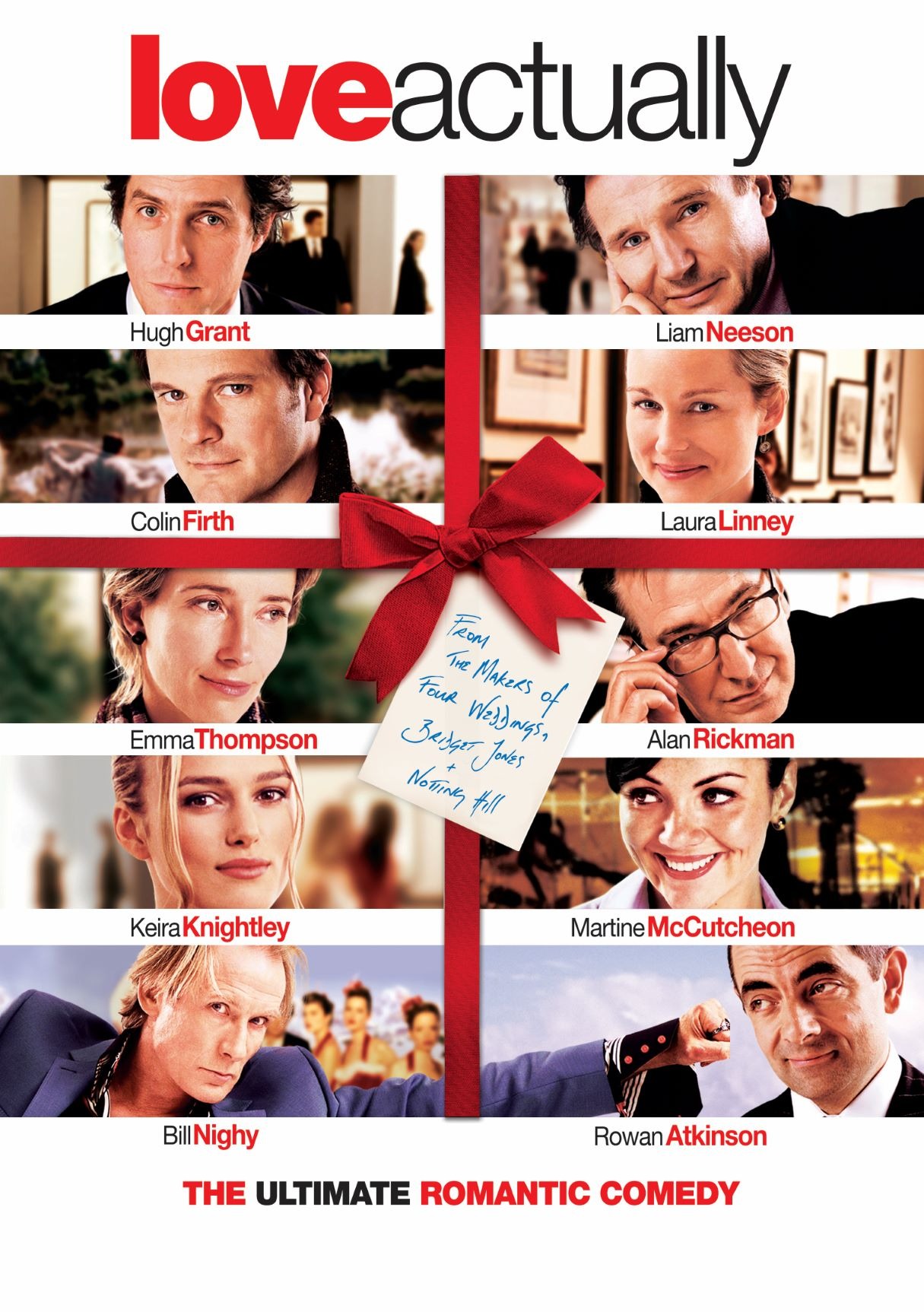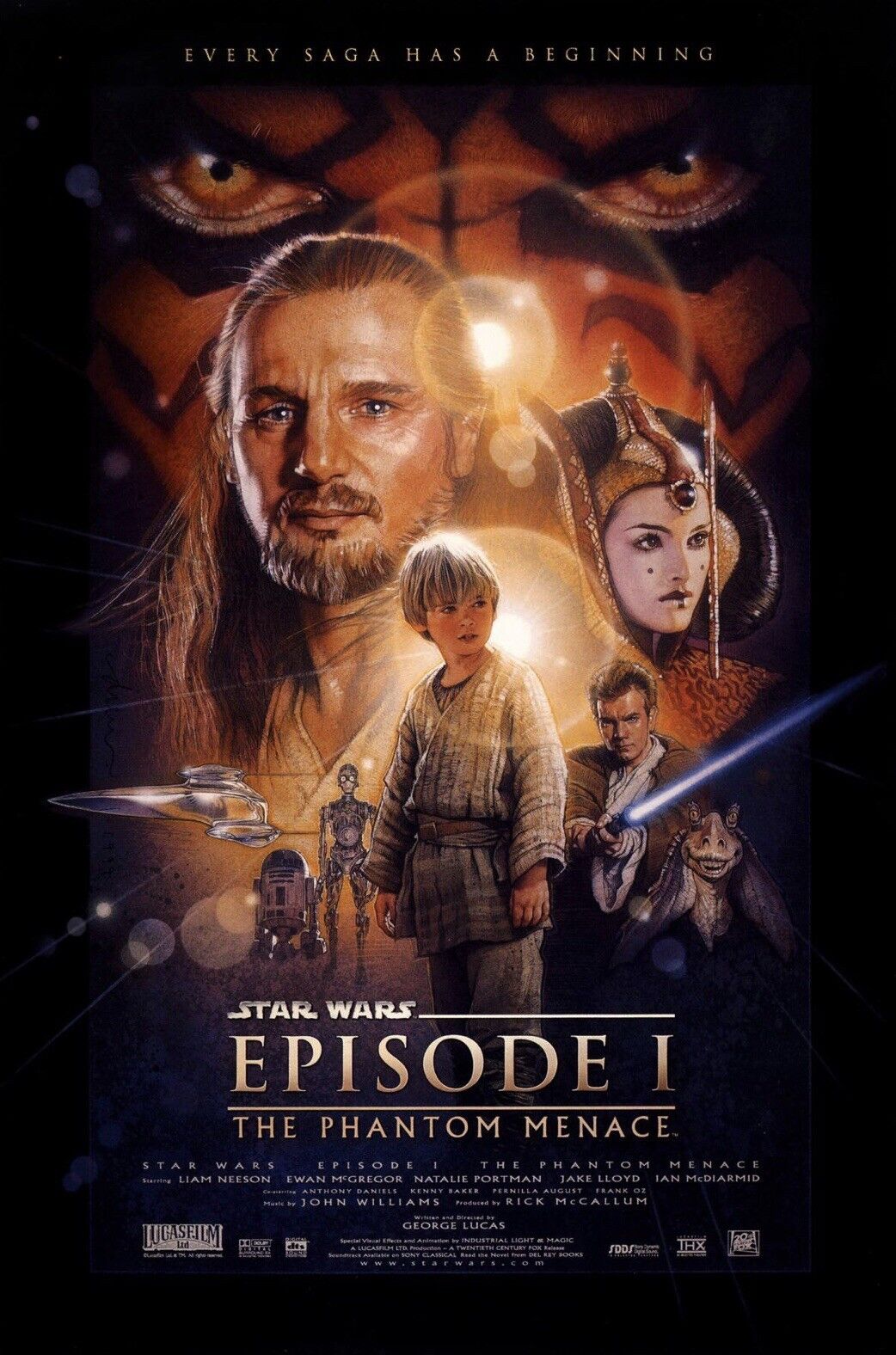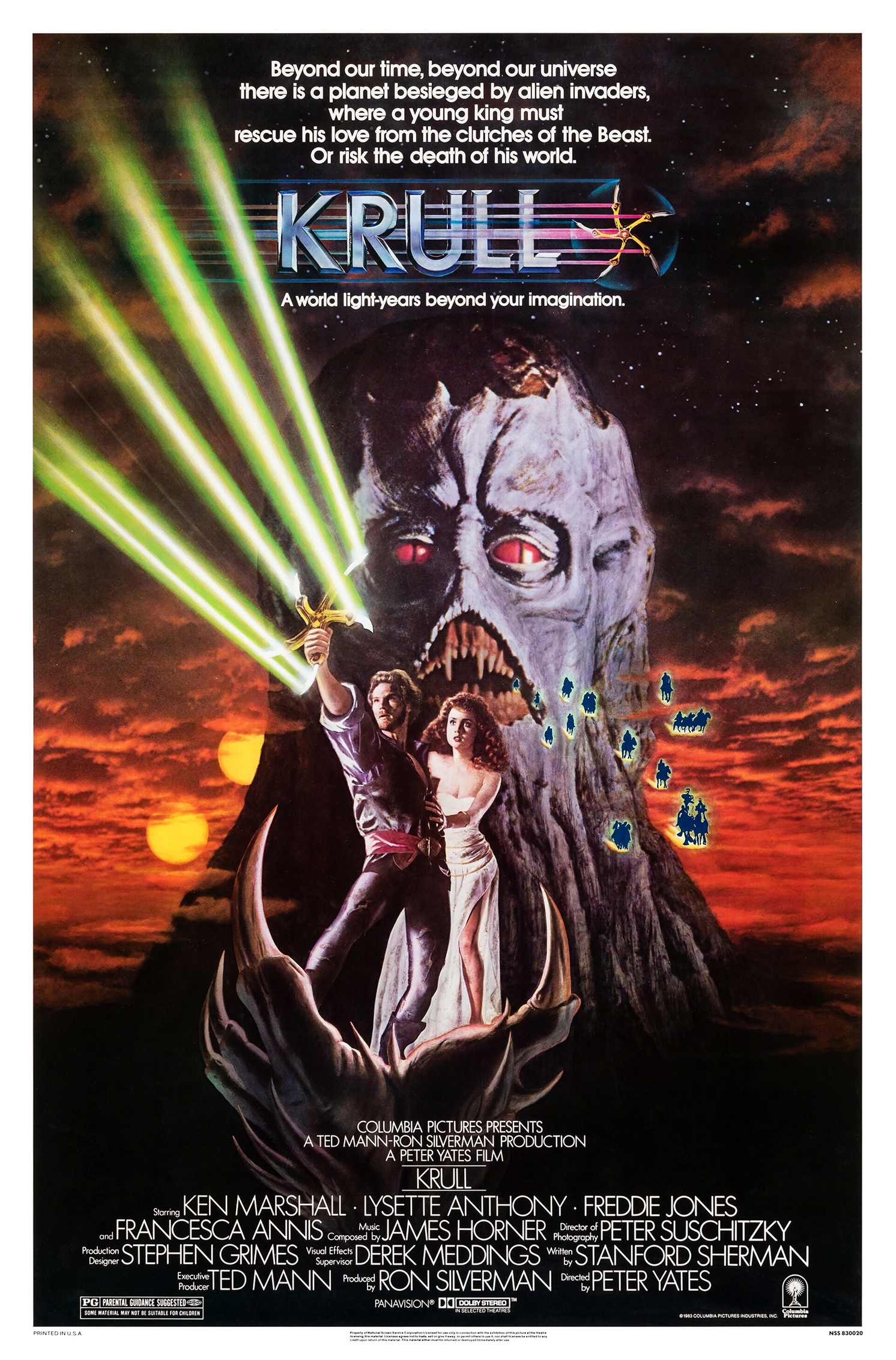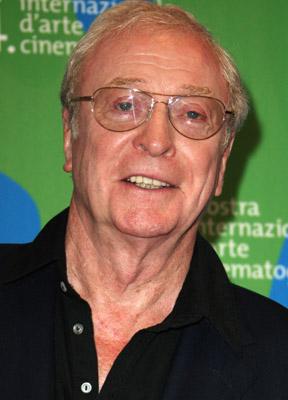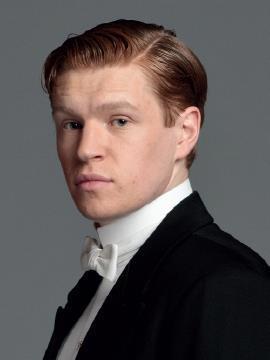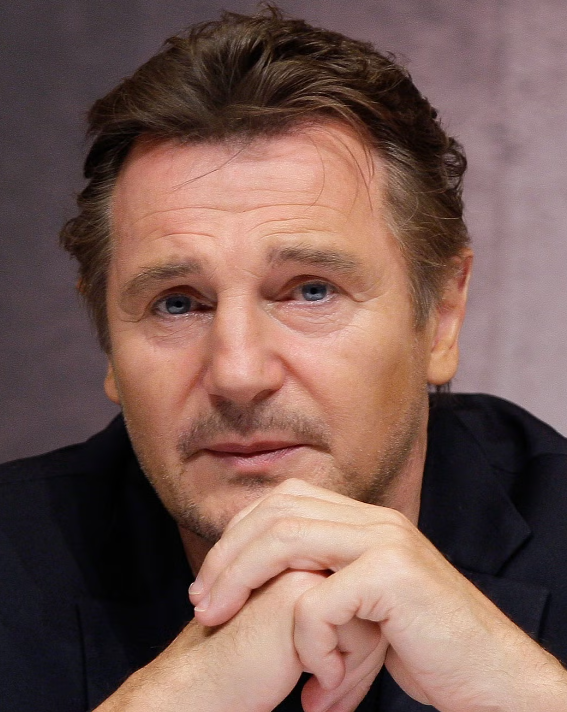
Liam Neeson
Birthdate: Jun 7, 1952
Birthplace: Ballymena, Co. Antrim, Northern Ireland, UK
Not many can boast a movie star career of over thirty years, but Liam Neeson (birthname: William John Neeson) belongs to that exclusive club. In an interesting reversal of the usual pattern for actors and types of film roles, Neeson made his early impact in prestigious, sometimes high-toned movies, and then later shifted his profile toward broad audience action entertainments, where he frequently plays a man with a past or scores to settle who’s pursuing vengeance. As an indicator of this, Neeson became a steady and reliable box office name only after he scored his sole Oscar nomination for Steven Spielberg’s Schindler’s List (1993).
Boasting a swarthy profile and tall stature, which he has always used to his advantage, Neeson combines a powerful combination for a film actor working in English: A rich, commanding voice mixing Northern Irish lilt with an all-purpose mid-Atlantic accent, a strong physical presence, and a natural gravitas with working-class roots. These gifts, plus Neeson’s deep training in the theater and his keen eye for commercial appeal, are the secrets to his sustained success.
Director John Boorman spotted this when he saw Neeson on the stage at Dublin’s Alley Theatre’s production of John Steinbeck’s Of Mice and Men, and cast him as a big knight in Excalibur (1981), in which he met his future girlfriend and professional mentor, Helen Mirren. Liam Neeson’s next significant role was in The Bounty (1984), opposite the imposing ensemble of Mel Gibson, Anthony Hopkins, Laurence Olivier, Edward Fox, and Daniel Day-Lewis. This was followed by Roland Joffe’s The Mission (1986) and an acclaimed turn in Suspect (1987), as well as the final Dirty Harry movie, The Dead Pool (1988), with Clint Eastwood.
Liam Neeson’s first role to hit the popular imagination, though, was in what remains one of the earliest and most imaginative superhero movies of the contemporary era—as Peyton Westlake/Darkman in Sam Raimi’s Darkman (1990). This opened up many more leading-man roles, including Under Suspicion (1991), with Laura San Giacomo; a powerful turn in Woody Allen’s fine drama, Husbands and Wives with Judy Davis, Mia Farrow, and Juliette Lewis (1992); the titular character in Ethan Frome (1993) with Patricia Arquette, followed by perhaps his most important role, as Oskar Schindler in Schindler’s List, for which Neeson (by all accounts) narrowly lost the Best Actor Oscar to Tom Hanks (for Philadelphia).
Liam Neeson promptly used his new prestigious profile to the maximum, acting in serious dramas like Michael Apted’s Nell (1994) with Jodie Foster and future wife Natasha Richardson, and portraying strong historical figures such as Scottish hero Rob Roy (1995) and Irish leader Michael Collins (1996). Neeson became one of the faces of grand Hollywood epics, ranging from Valjean in Tom Hooper’s non-musical version of Les Misérables (1998) and George Lucas’ Star Wars: Episode I—The Phantom Menace (1999) to K-19: The Widowmaker (2002) to his grand turn in Martin Scorsese’s ambitious Gangs of New York (2002) with Daniel Day-Lewis, as well as the Ridley Scott’s Kingdom of Heaven with Orlando Bloom and Eva Green.
Neeson’s romantic comedy side appeared in the smash hit, Love Actually (2003) with Hugh Grant, Laura Linney, and Bill Nighy, contrasted by his brilliant, award-winning portrait of sex doctor Alfred Kinsey in Kinsey (2004) (again with Linney), which guaranteed Neeson status as a member of the tiny club of male stars who could command box-office earnings and critical acclaim.
Liam Neeson launched, almost imperceptibly, the beginnings of an entirely different phase of his career by doing voice work in big commercial vehicles like Batman Begins (2005), The Chronicles of Narnia: The Lion, the Witch and the Wardrobe (2005), and the Narina follow-ups, Prince Caspian (2008) and The Voyage of the Dawn Treader (2010) and then turning to brawny action entertainments. Nothing exemplified this better than his Taken trilogy, which made Neeson a very wealthy man: the mega-hits Taken (2008), Taken 2 (2012), and Taken 3 (2014), which created for him a template that he’s followed since.
Even with distinguished performances in dramas like The Grey (2011), A Walk Among the Tombstones (2014), Paul Haggis’ Third Person (2013) with Mila Kunis, Adrien Brody, and Olivia Wilde, and Mark Felt: The Man Who Brought Down the White House (2017), Liam Neeson became the quintessential Action Man of Hollywood, altering the paradigm of the type from younger to a more mature figure. This string is typified by Martin Campbell’s Memory (2022), in which Neeson plays a contract killer who loses his memory.
Easily overlooked during this “action phase” are Neeson’s diverse roles in dramas such as Ordinary Love (2019) with Lesley Manville and a cracked impresario in the Coen Brothers’ The Ballad of Buster Scruggs (2018). Liam Neeson, in a further departure from his bigger commercial vehicles, is taking on the role of Philip Marlowe in Neil Jordan’s Marlowe (2022), with Diane Kruger, Jessica Lange, Adewale Akinnuoye-Agbaje, Colm Meaney, Danny Huston, and Alan Cumming, and which grossed $6.27 million.
Liam Neeson starred in the Nimrod Antal-directed thriller, Retribution (2023), with Matthew Modine, Embeth Davidtz, and Noma Dumezweni, but it lost money for its French-German-Spanish-American co-producers and distributors Lionsgate, Roadside Attractions, and StudioCanal. Neeson led a striking roster of actors while reuniting with director Robert Lorenz in the Irish-produced IRA-themed thriller, In the Land of Saints & Sinners (2023), co-starring Kerry Condon, Jack Gleeson, Ciarán Hinds, Sarah Greene, Colm Meaney, and Niamh Cusack, and which premiered at the Venice Film Festival.
Neeson took on one of his few supporting roles in director/co-writer/producer Ethan Hawke’s biopic about author Flannery O’Connor, Wildcat (2023), starring Maya Hawke, Rafael Casal, Philip Ettinger, Cooper Hoffman, Steve Zahn, Laura Linney, Willa Fitzgerald, Alessandro Nivola and Vincent D’Onofrio, released in limited pattern by Oscilloscope Laboratories after premiering at the Telluride Film Festival. Neeson continued his long string of crime movies by starring under Hans Petter Moland’s direction in the thriller Absolution (2024), with Ron Perlman, Yolanda Ross, and Daniel Diemar, and returning a gross for distributor Samuel Goldwyn Films of $4.2 million.
Liam Neeson reprised his lead role as Mike in writer-director Jonathan Hensleigh’s action sequel, Ice Road Vengeance (2025), co-starring a fresh roster of castmates for Neeson, including Fan Bingbing, Bernard Curry, and Geoff Morrell ADD: , and receiving a limited theatrical run by distributor Vertical. Neeson entered the revival game with a reboot of The Naked Gun (2025), directed and co-written by Akiva Schaffer (with co-writers Dan Gregor and Doug Mand) and produced by Seth MacFarlane, with a supporting cast including Paul Walter Hauser, Pamela Anderson, Kevin Durand, and Danny Huston, and released by Paramount Pictures.
Neeson starred in the Studio Canal-backed thriller, Cold Storage (2025), directed by Jonny Campbell and written by David Koepp, adapting his novel, and featuring Lesley Manville, Joe Keery, Georgina Campbell, Sosie Bacon, and Vanessa Redgrave, with Samuel Goldwyn Films distributing. Neeson then topped the cast of director/co-writer/producer Guy Moshe’s CIA-themed thriller, Hotel Tehran (date to be announced), co-starring Zachary Levi, Grant Harvey, Augusto Aguilera, and Elnaaz Norouzi, and backed by Astral Future/Dreamtime Films/Oakhurst Entertainment.
Liam Neeson led the colorful cast of director/co-writer/producer Frankie Shaw’s debut black comedy heist movie, 4 Kids Walk Into a Bank (date to be announced), based on Matthew Rosenberg’s and Tyler Boss’s 2017 graphic novel, co-starring Talia Ryder, Whitney Peak, Jack Dylan Grazer, Spike Fearn, Teresa Palmer, Jim Sturgess and Caylee Cowan, and released by Orion Pictures via Amazon MGM Studios. Neeson resumed his role of Irish mobster Jimmy and reunited with director Jaume Collet-Serra and co-star Joel Kinnaman for the sequel, Run All Night 2 (date to be announced), with backers RatPac-Dune Entertainment and Vertigo Entertainment and released by Warner Bros.
Neeson joined renowned Irish filmmaker Neil Jordan for the prison drama, The Riker’s Ghost (date to be announced), co-written by Sean O’Keefe and Brian Rudnick, and then starred in the Iraq-based thriller, Charlie Johnson in the Flames (date to be announced), co-scripted by Michael Ignatieff and Justin Haythe, adapting Ignatieff’s novel about a crusading journalist, and produced by Michael London, Jawal Nga, Edward Saxon and Jeremy Wall. Neeson starred as a former Special Forces war hero accused of a crime he didn’t commit in the car chase action movie, The Mongoose (date to be announced), co-starring Marisa Tomei, Ving Rhames, and Michael Chiklis under Mark Vanselow’s direction, set in the U.S. but filmed in Australia.
Liam Neeson Photos and Videos
Personal life
Liam Neeson was born in the Northern Ireland community of Ballymena in County Antrim to parents Katherine (aka “Kitty”) and Bernard. He had a Catholic working-class upbringing and early adulthood in predominantly Protestant Belfast, along with his three sisters Rosaline, Elizabeth, and Bernadette. Neeson attended St. Patrick’s College, where he caught the acting bug. He studied computer science and physics at the Queen’s University of Belfast, but flunked his exams and left university, working several jobs including forklift at a Guinness plant, truck driver, assistant to architects, and even amateur boxing.
He was a member of the Belfast Lyric Players’ Theatre in his early 20s, but began acting in earnest only at age 33, and only then because a Belfast theater company was searching for a tall man for a specific role. He was in a relationship with actor Helen Mirren in the early 1980s. Neeson was married to actor Natasha Richardson until she died in 2009; the couple had two sons, Daniel Neeson and actor Micheál Richardson (né Micheál Richard Antonio Neeson). Liam Neeson is the son-in-law of actor Vanessa Richardson and late director Tony Richardson. He is a joint citizen of Ireland, the United Kingdom, and the United States, where he was naturalized in 2009. Liam Neeson’s net worth in 2022 is estimated at $145 million.* Neeson’s philanthropy has placed him among the world’s 200 most influential philanthropists and social entrepreneurs.
Known For
Awards
Nominee, Best Actor, Academy Awards (1994); Nominee, Best Actor, BAFTA Awards (1994); Three-time nominee, Best Actor, Golden Globes (1994, 1997, 2005); Winner, Best Actor, Los Angeles Film Critics Association (2004); Winner, Volpi Cup, Venice Film Festival (1996). Awarded as an Officer of the Order of the British Empire (2000) for his services to drama.
Liam Neeson Movies
actor
Upcoming (2)
Previous (114)
Facts About Liam Neeson
The Boxer: As a teenager, Liam Neeson won the Irish Youth Championship in boxing, broke his nose during a bout, and finally quit after a disturbing blackout at age 17.
Debut: Neeson’s film debut was as Jesus Christ in the film Pilgrim’s Progress (1977).
Good Eye: Director John Boorman scouted and picked Liam Neeson for his first significant film role in Excalibur (1981) after watching the actor on stage at Dublin’s Abbey Theatre.
All-timer: Neeson was ranked #69 on Empire magazine’s poll of the top 100 movie stars in history.
Too Short?: Liam Neeson lost out on a role in The Princess Bride (1987) when director Rob Reiner deemed the nearly 6’ 4” actor too short for the role.
Sober: Neeson said that he began to drink as many as three bottles of wine a night after his wife Natasha Richardson’s tragic skiing accident death, and then quit alcohol altogether. He also quit smoking in 2003.
Man of the Theater: Neeson has enjoyed a robust theater career as a member of the Abbey Theatre in Dublin, the Royal National Theatre, and the Dublin Shakespeare Theatre Festival, as well as a board member of the Conference of Drama Schools which supervises all drama schools in the U.K., and many appearances on Broadway, capped by two Tony Awards acting nominations (for revivals of Arthur Miller’s The Crucible and Eugene O’Neill’s Anna Christie).
Back to School: Even though he flunked out of Queen’s University of Belfast, Liam Neeson was granted an honorary degree from the school in 2009.
True-to-Life: Neeson has enacted a remarkable number of historical figures on film, including Oskar Schindler, Mark (“Deep Throat”) Felt, Michael Collins, Alfred Kinsey, Scottish hero Rob Roy, and briefly portrayed Abraham Lincoln in Steven Spielberg’s film until he dropped out in lieu of Daniel Day-Lewis.
Big Earner: Liam Neeson earned (in salary and other compensation) a total of $40 million for the three films in the Taken franchise.
Frequently Asked Questions
When was Liam Neeson born?
How tall is Liam Neeson?
Who is Liam Neeson's wife?
Does Liam Neeson have a son?
What are some movies featuring Liam Neeson?
What is Liam Neeson's net worth?
Liam Neeson News
People Also Searched For


